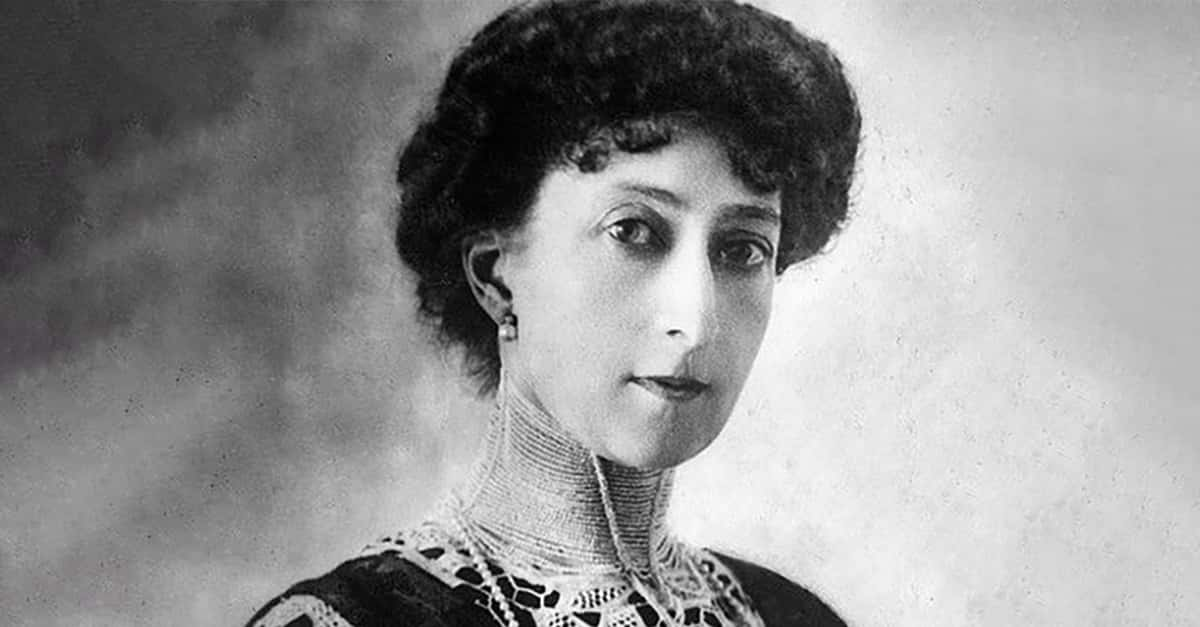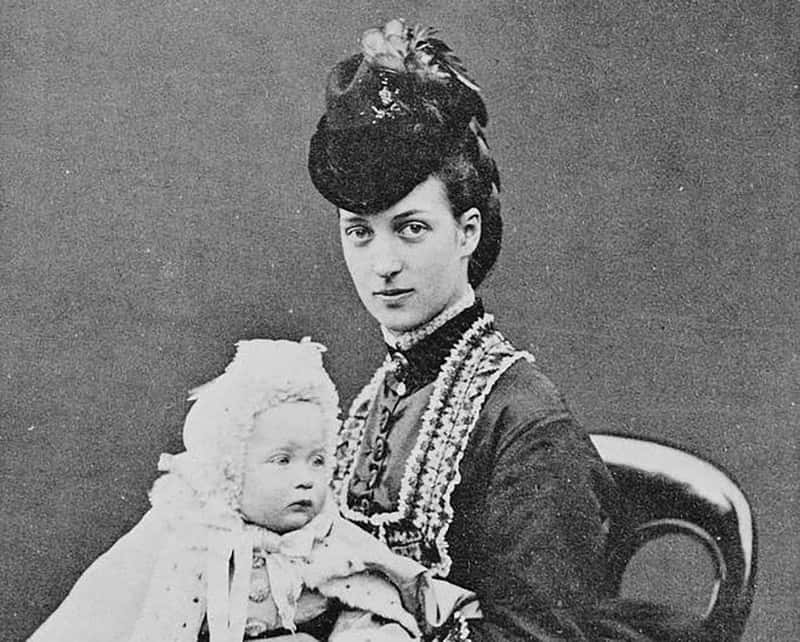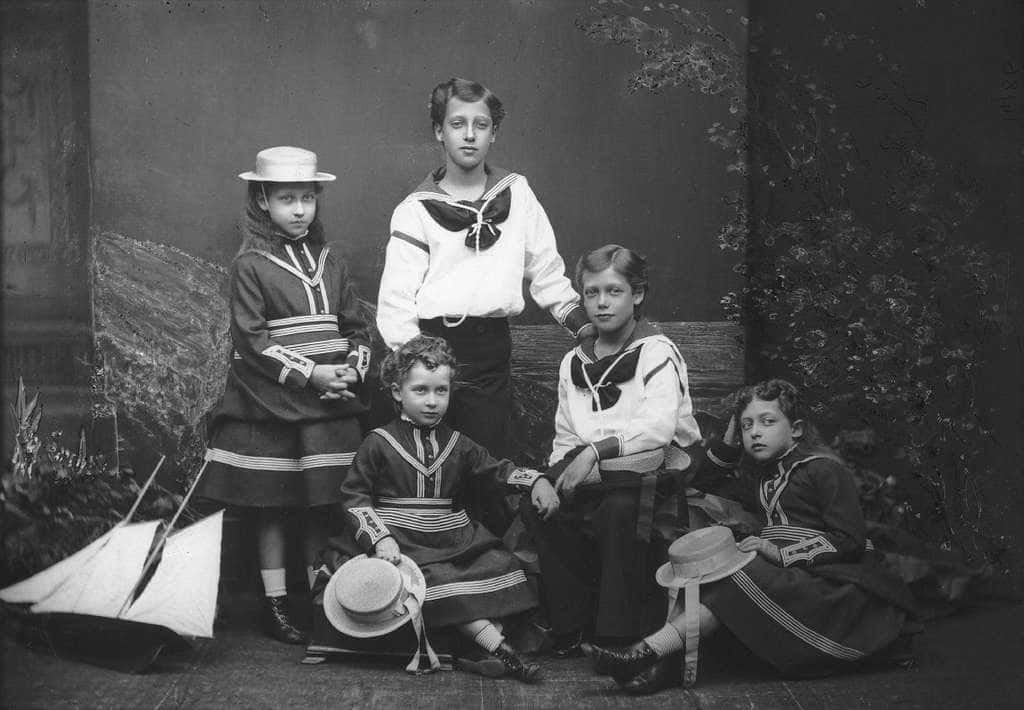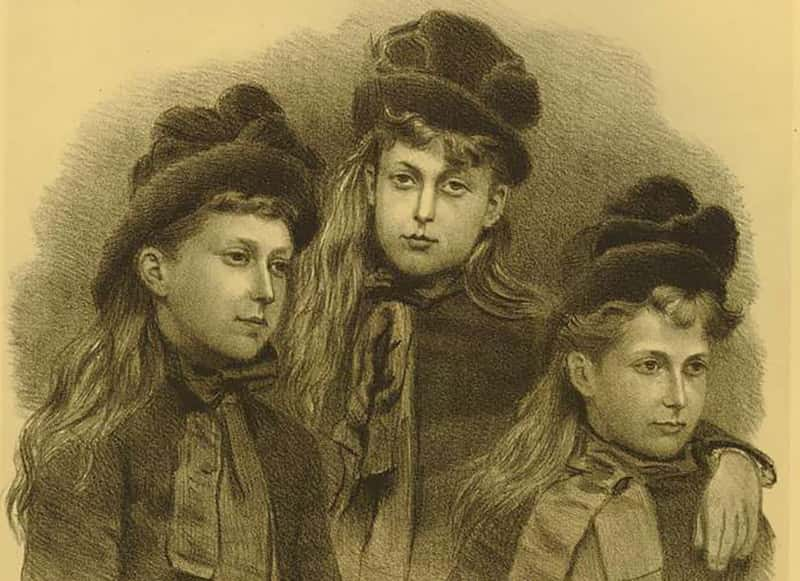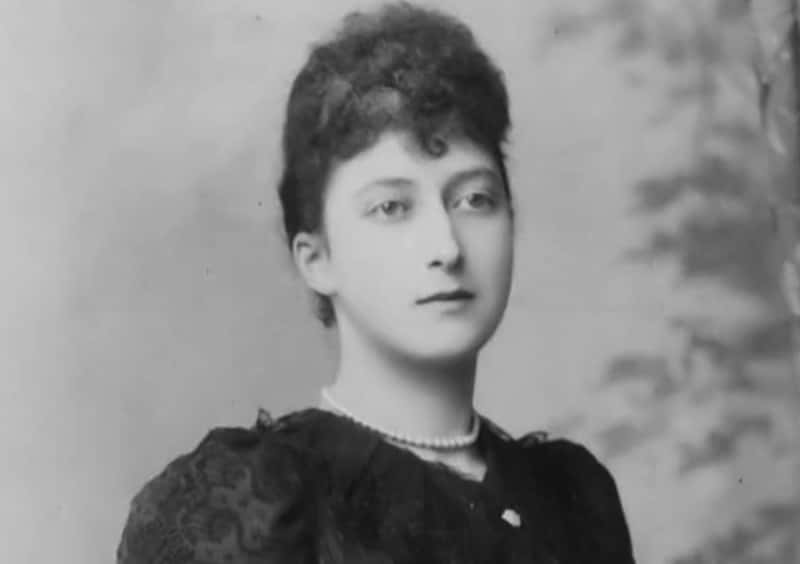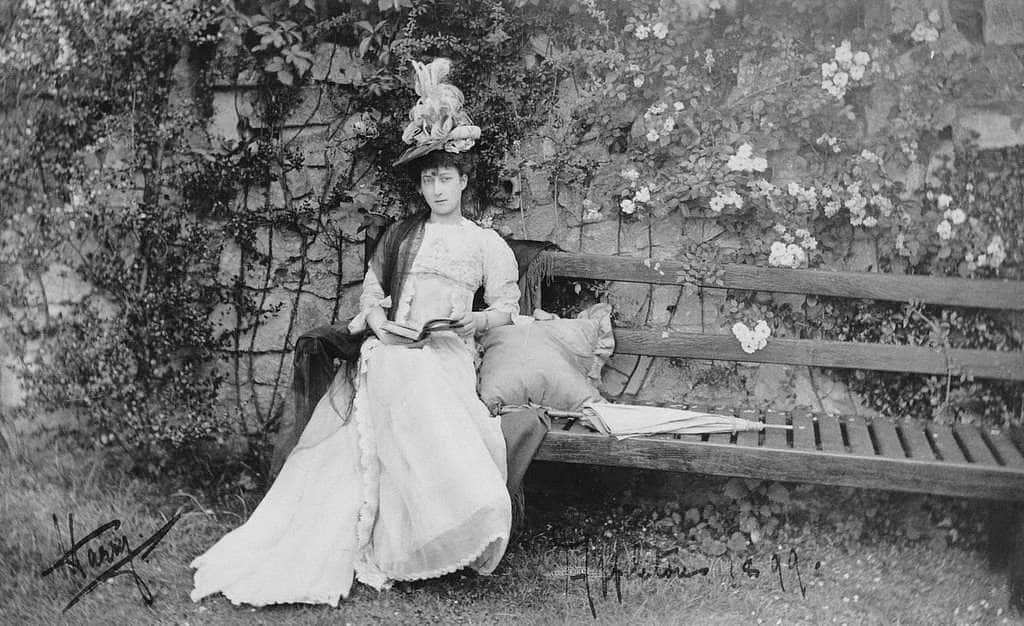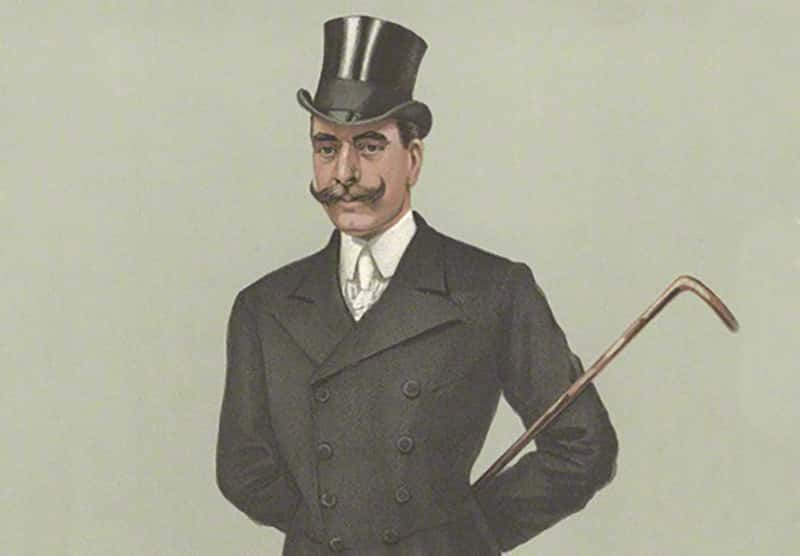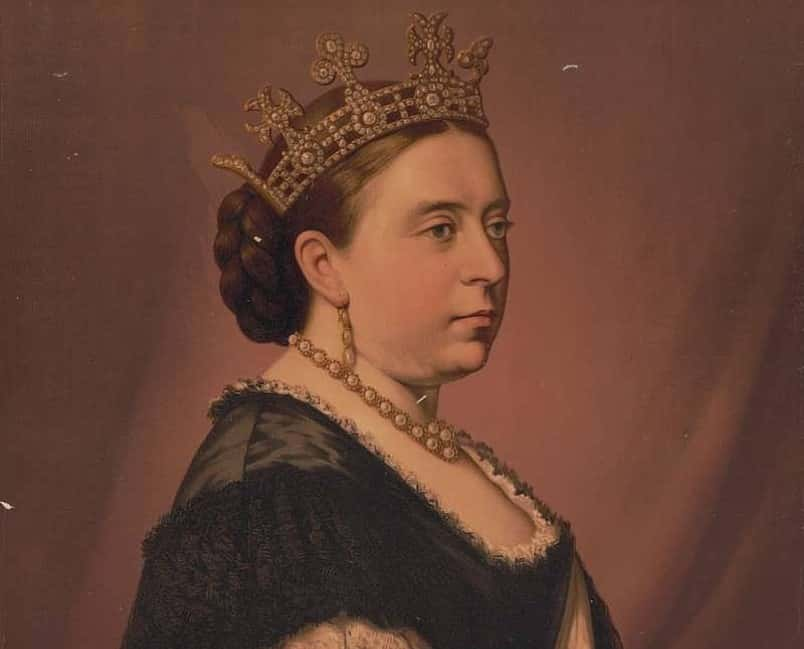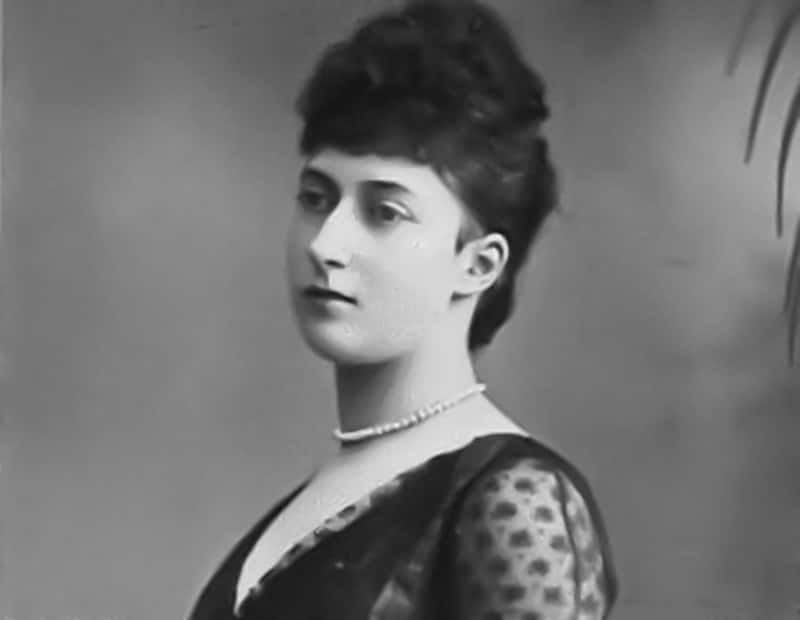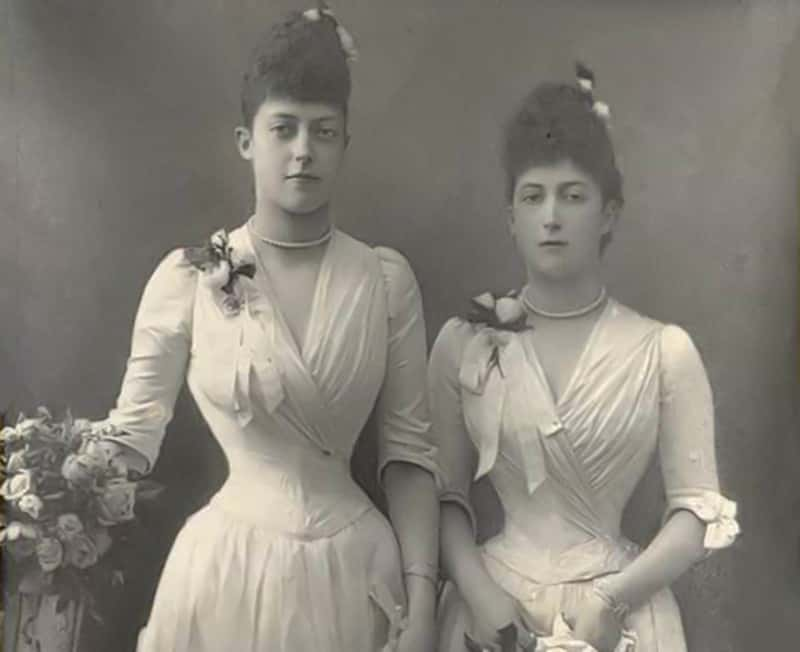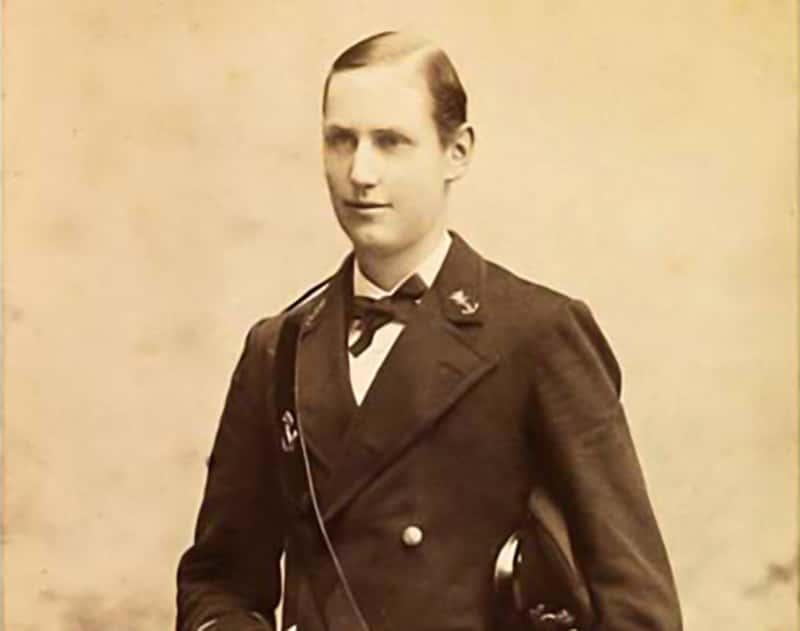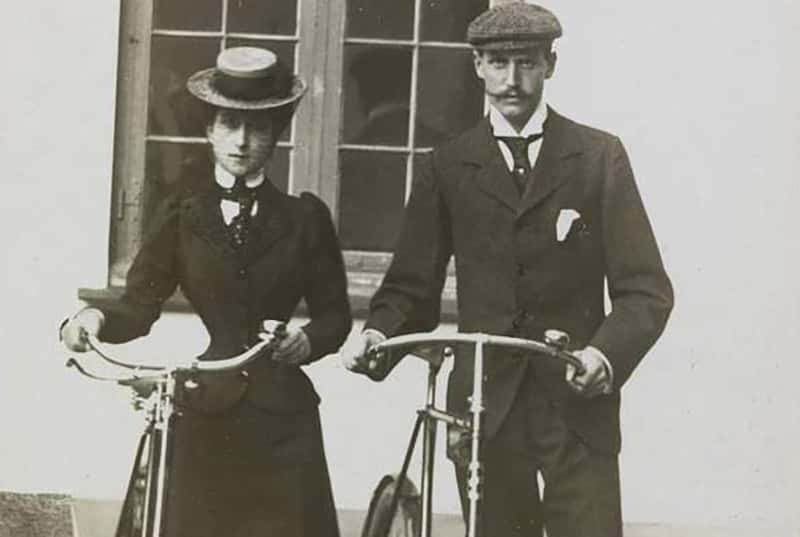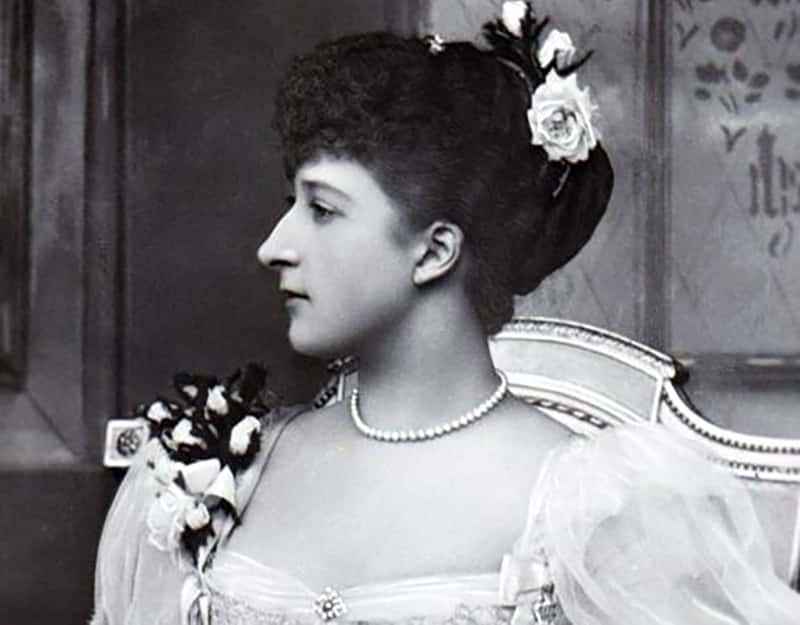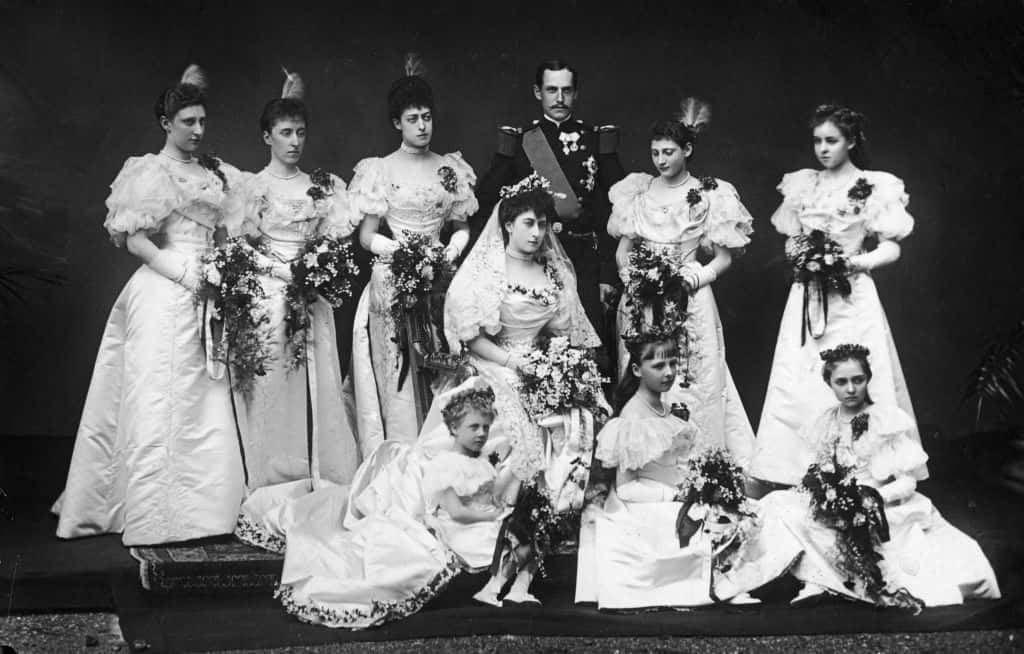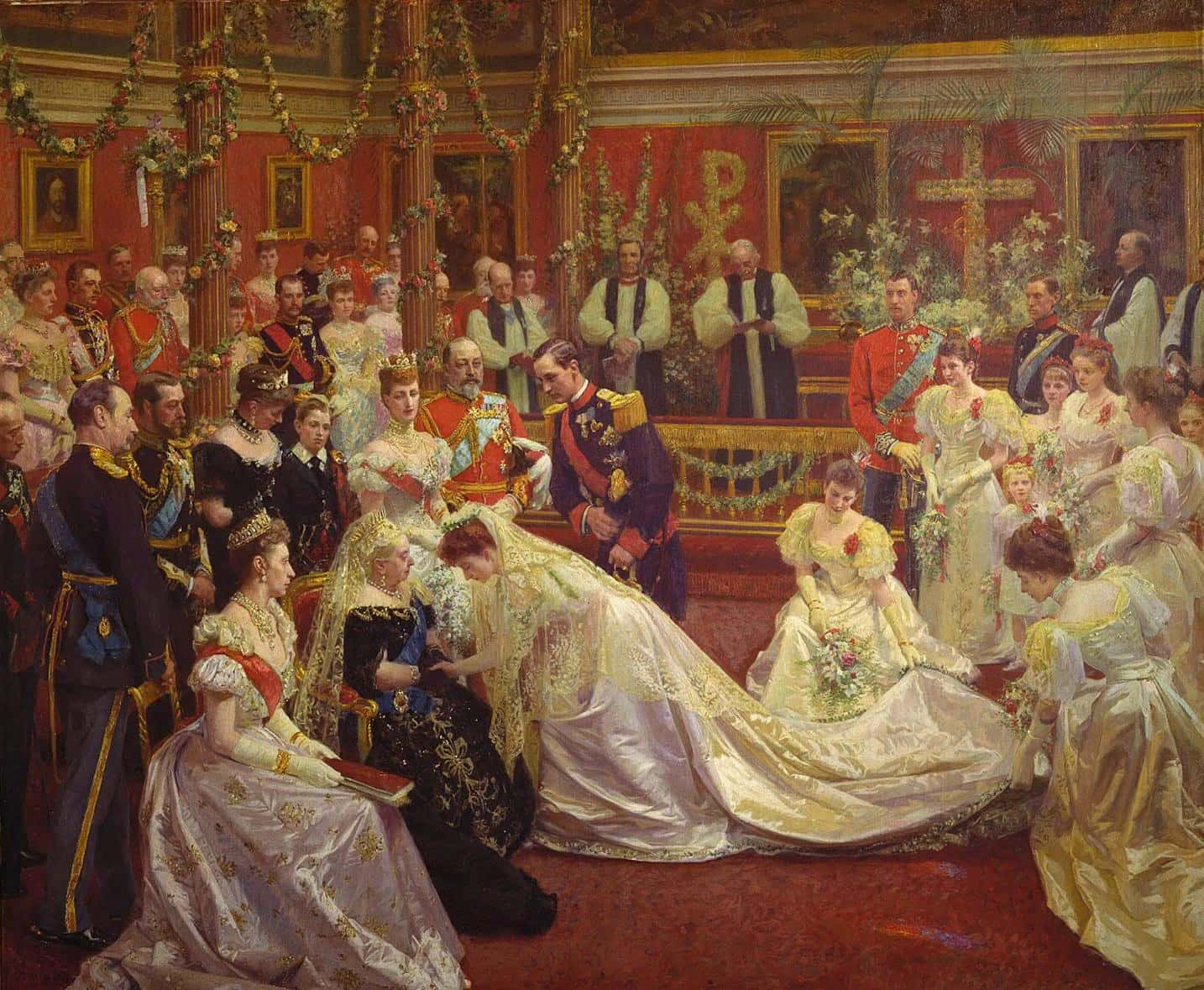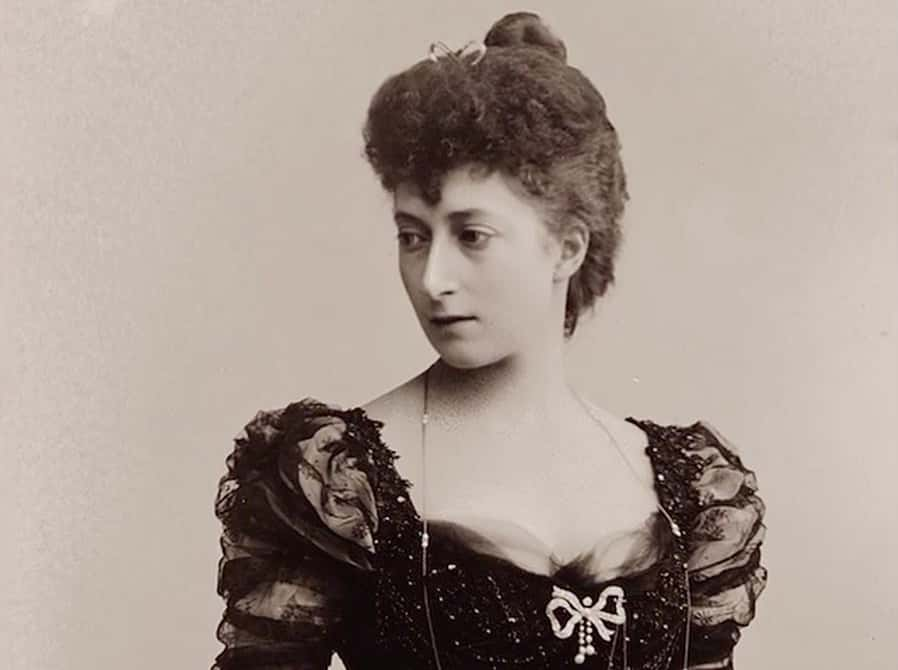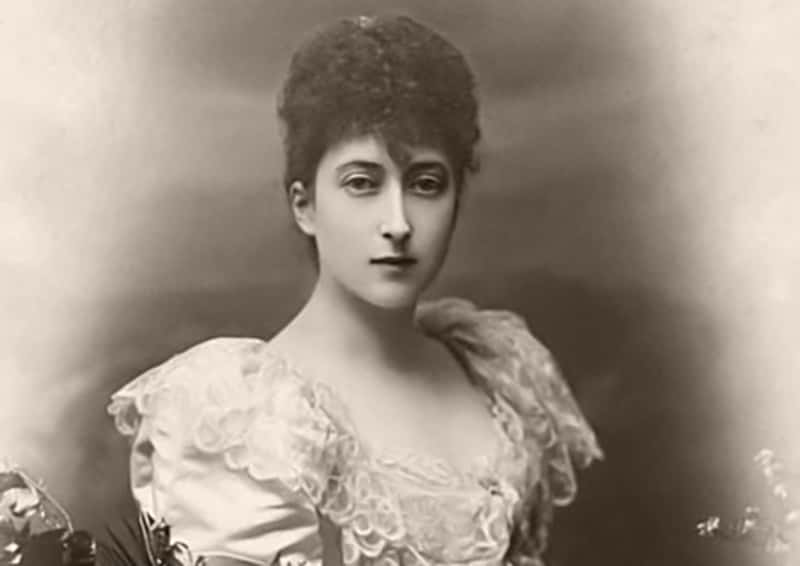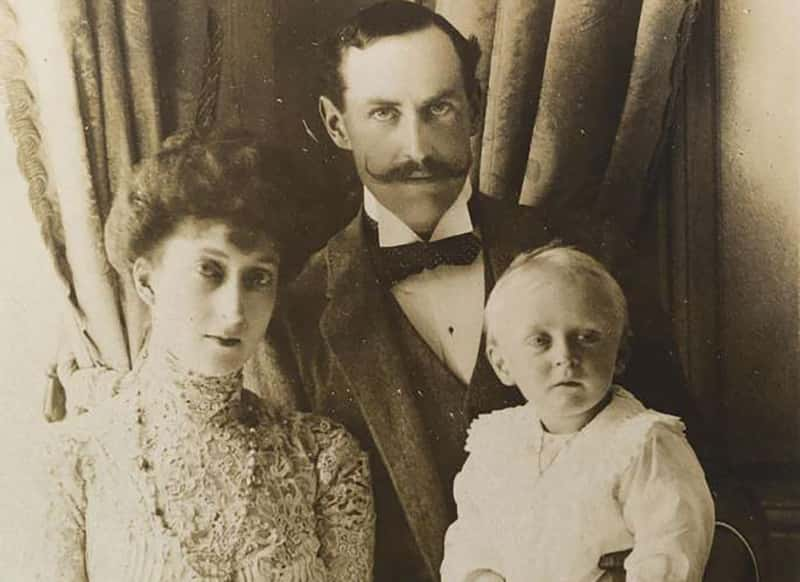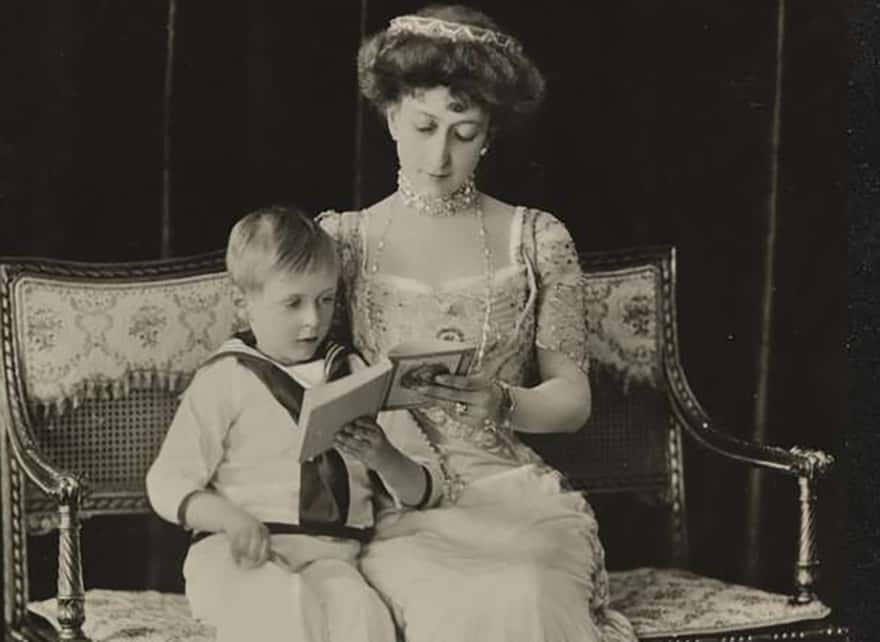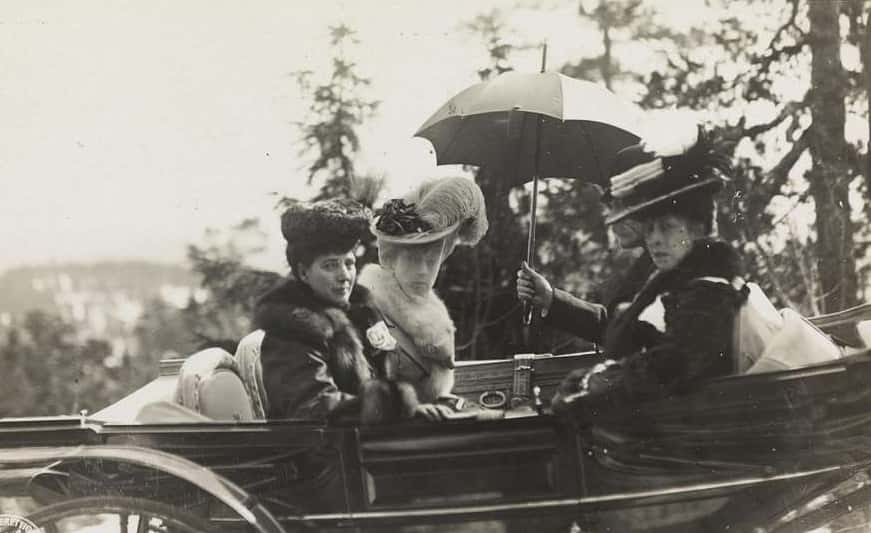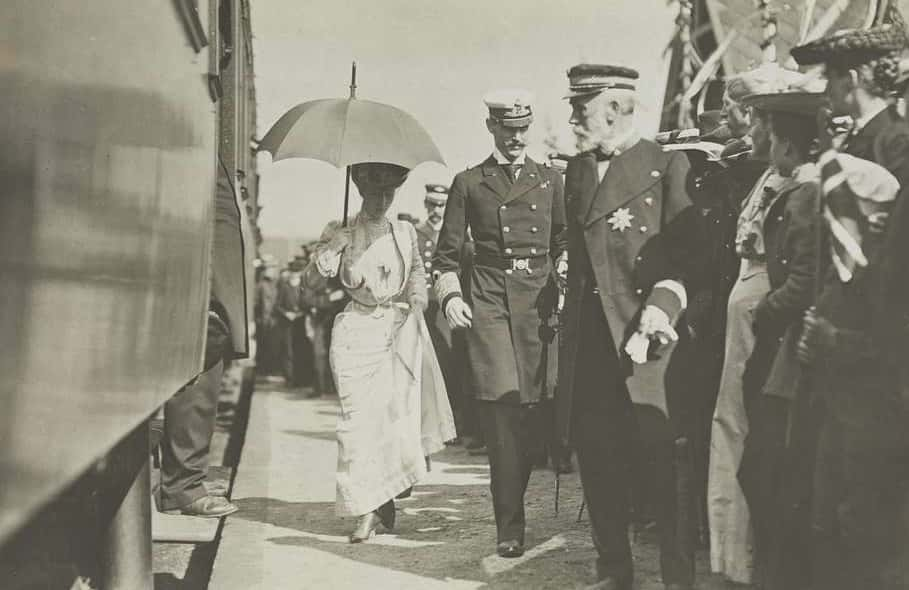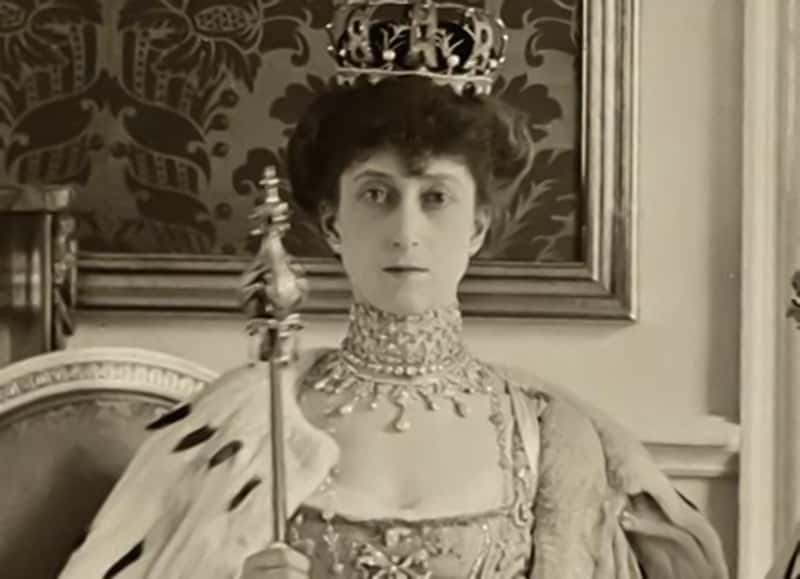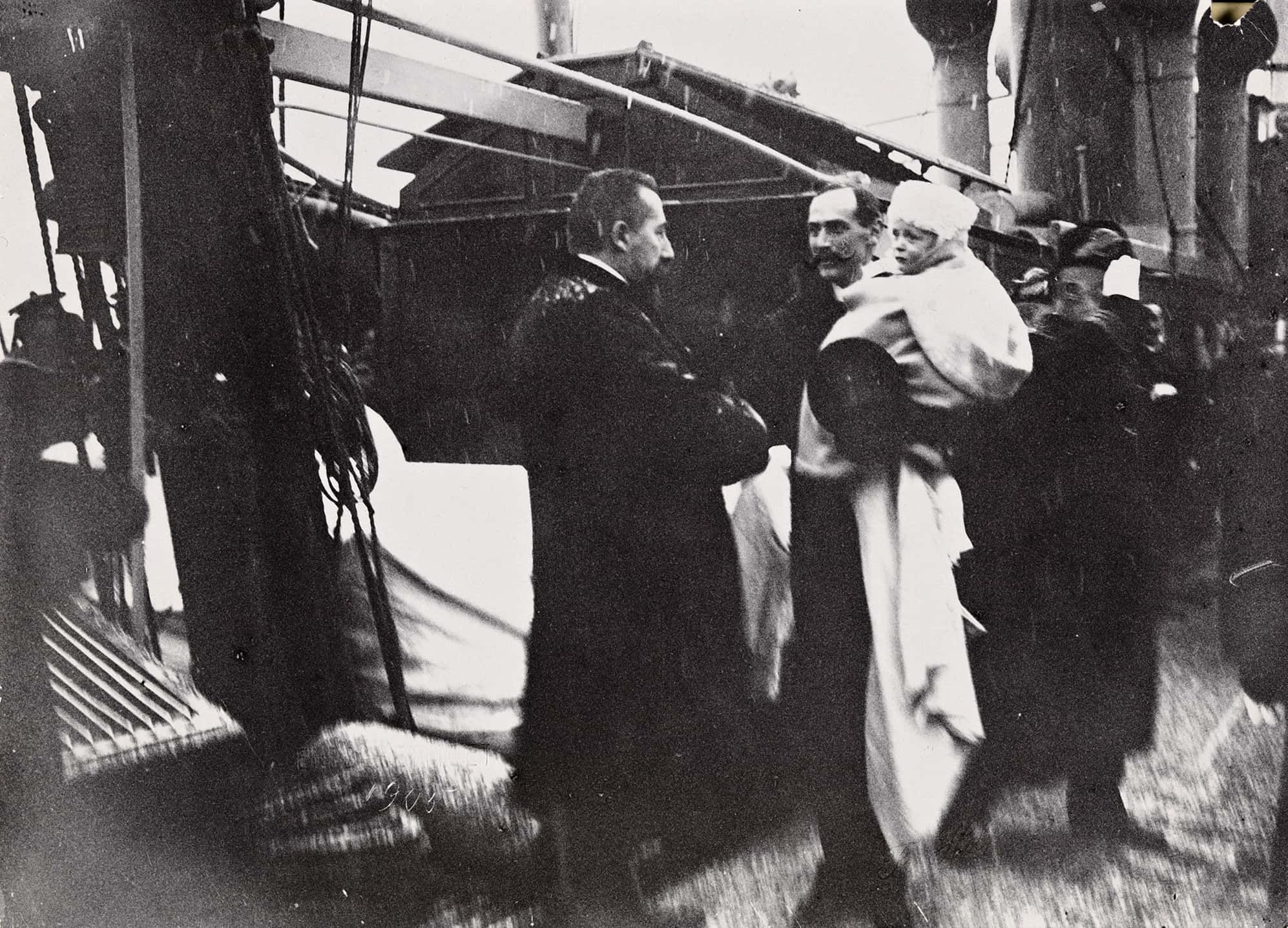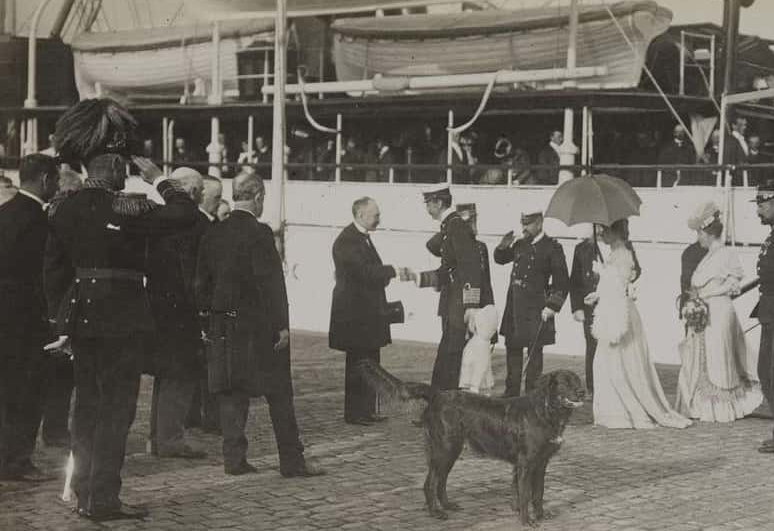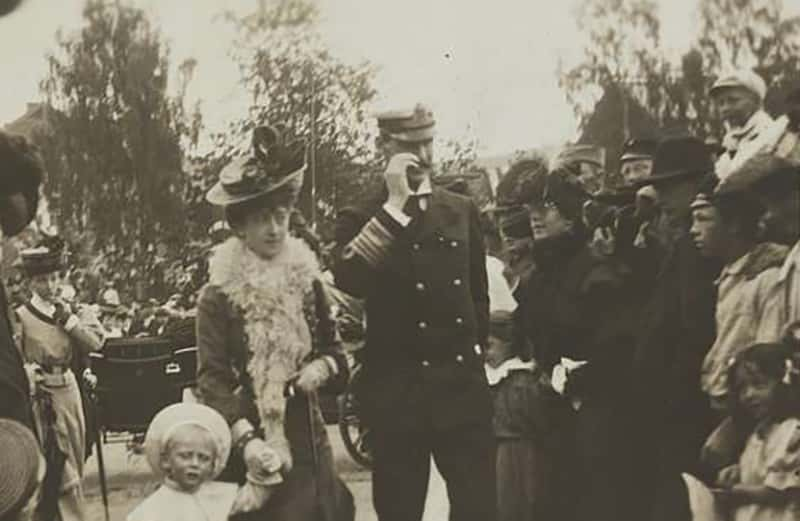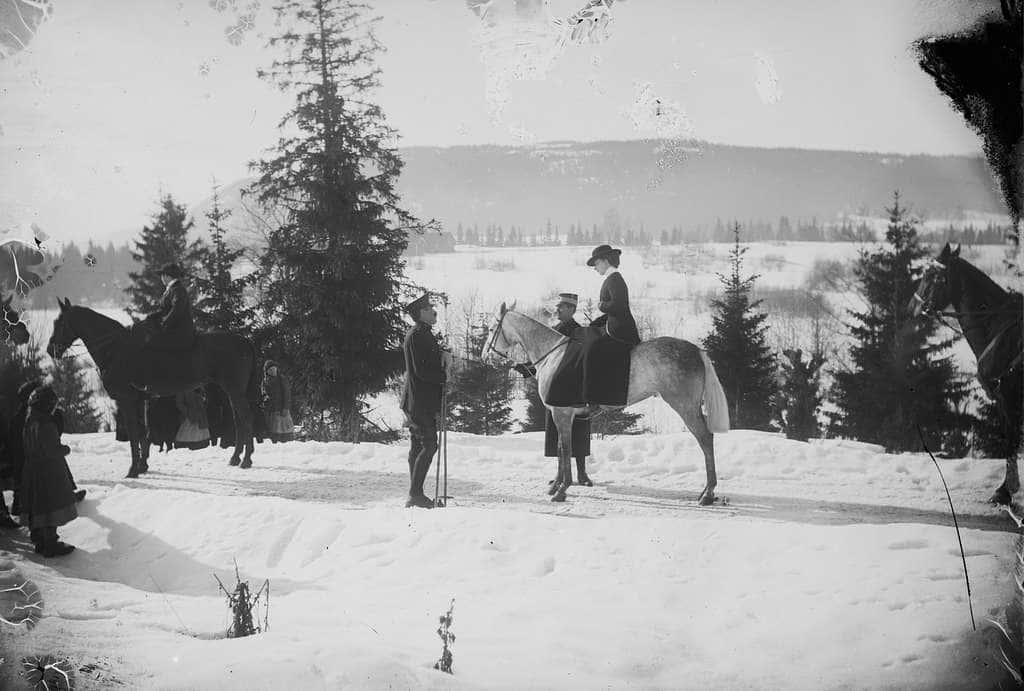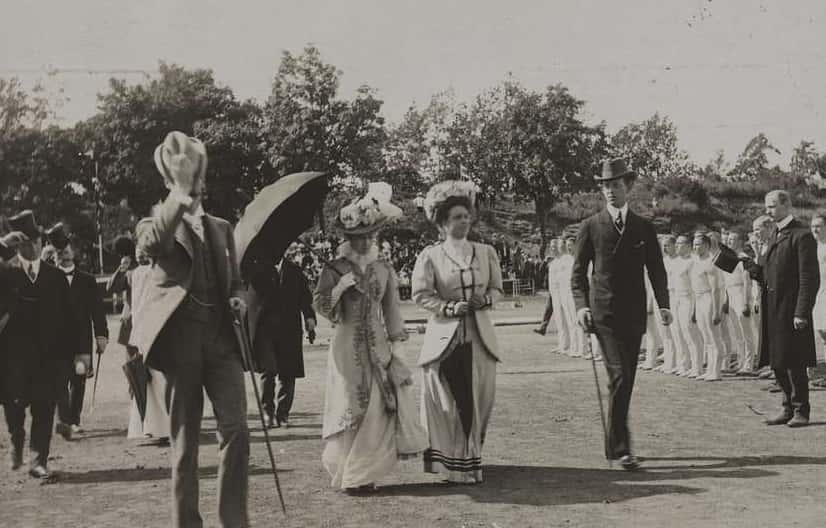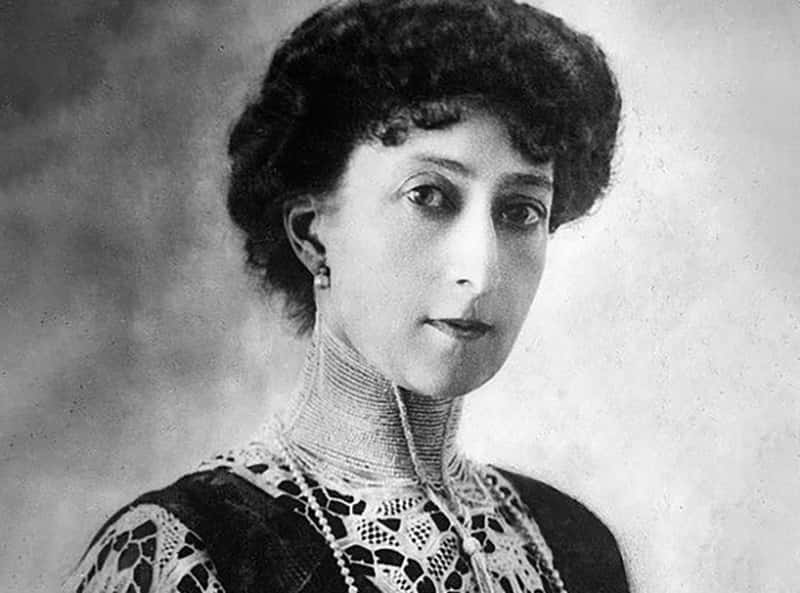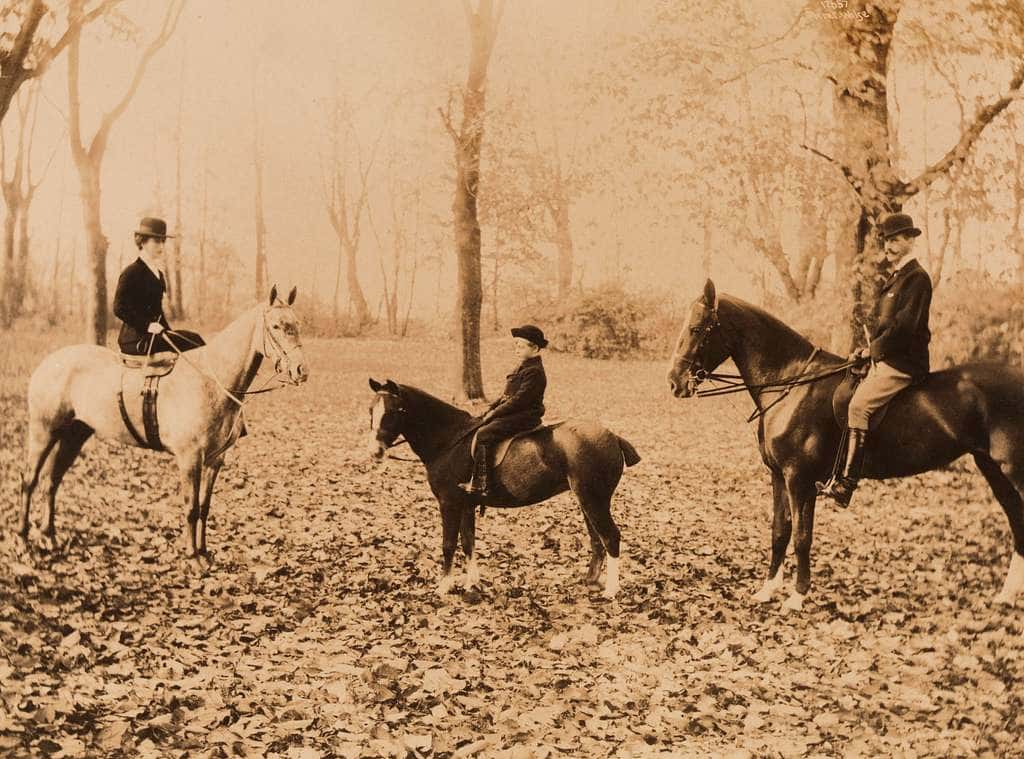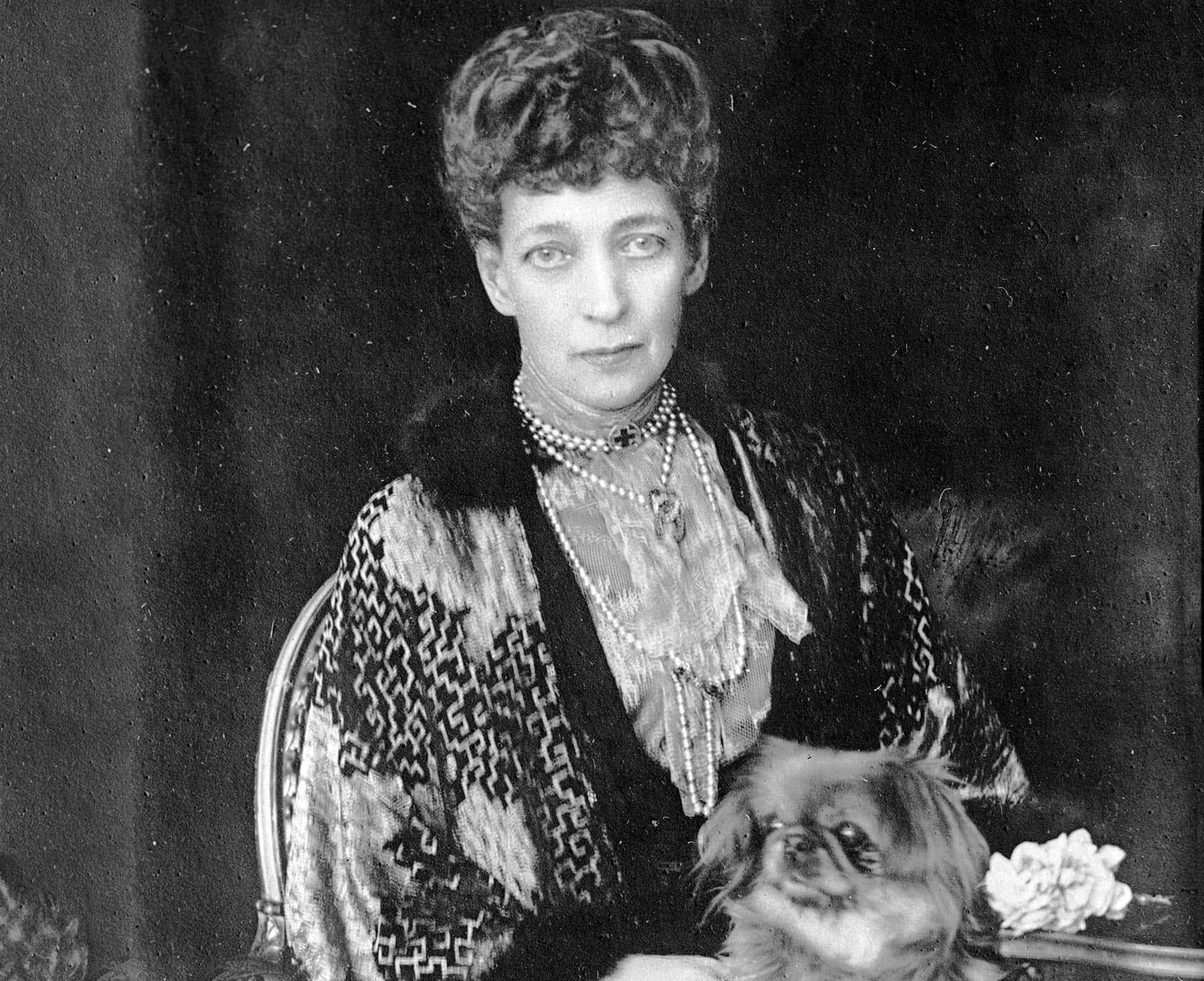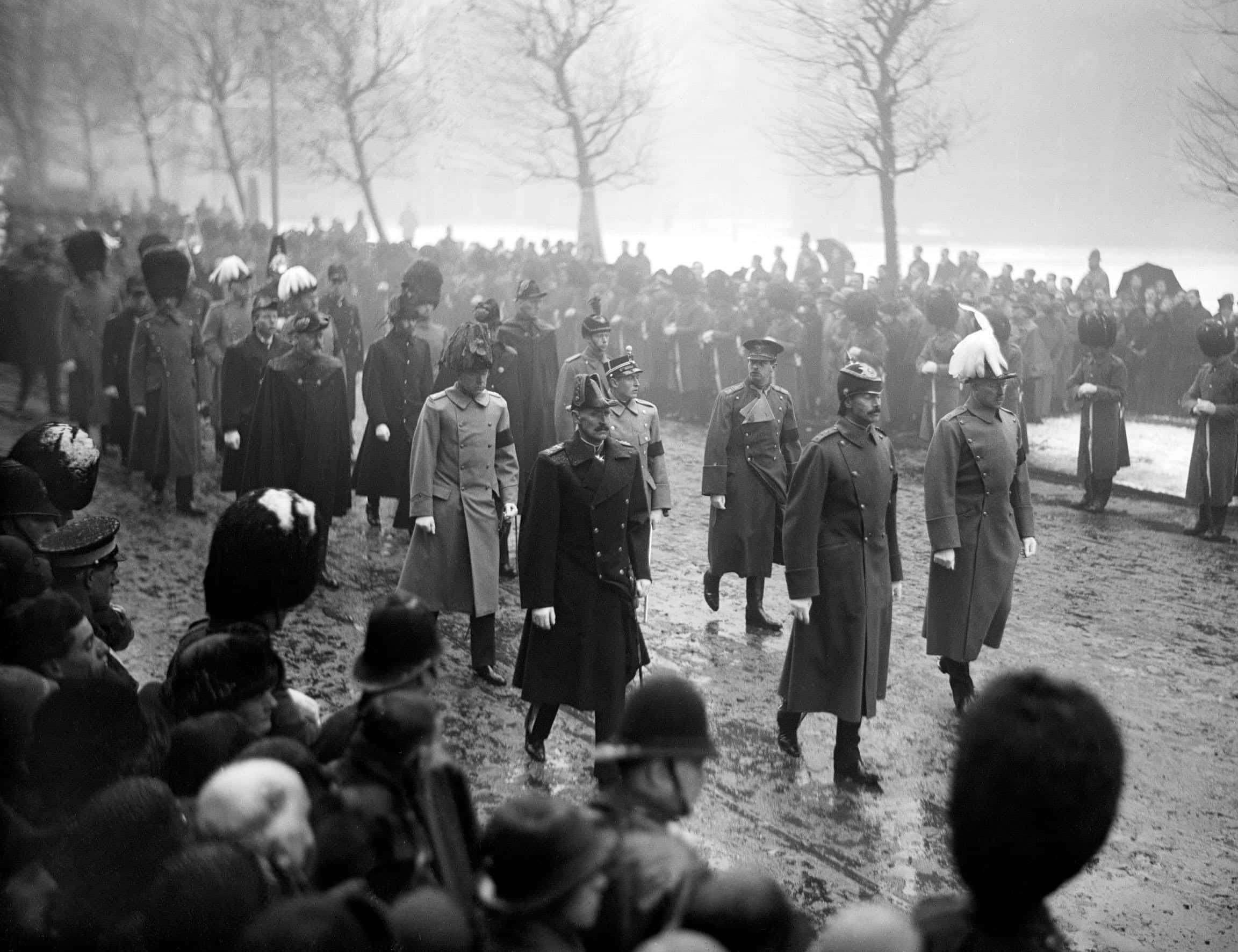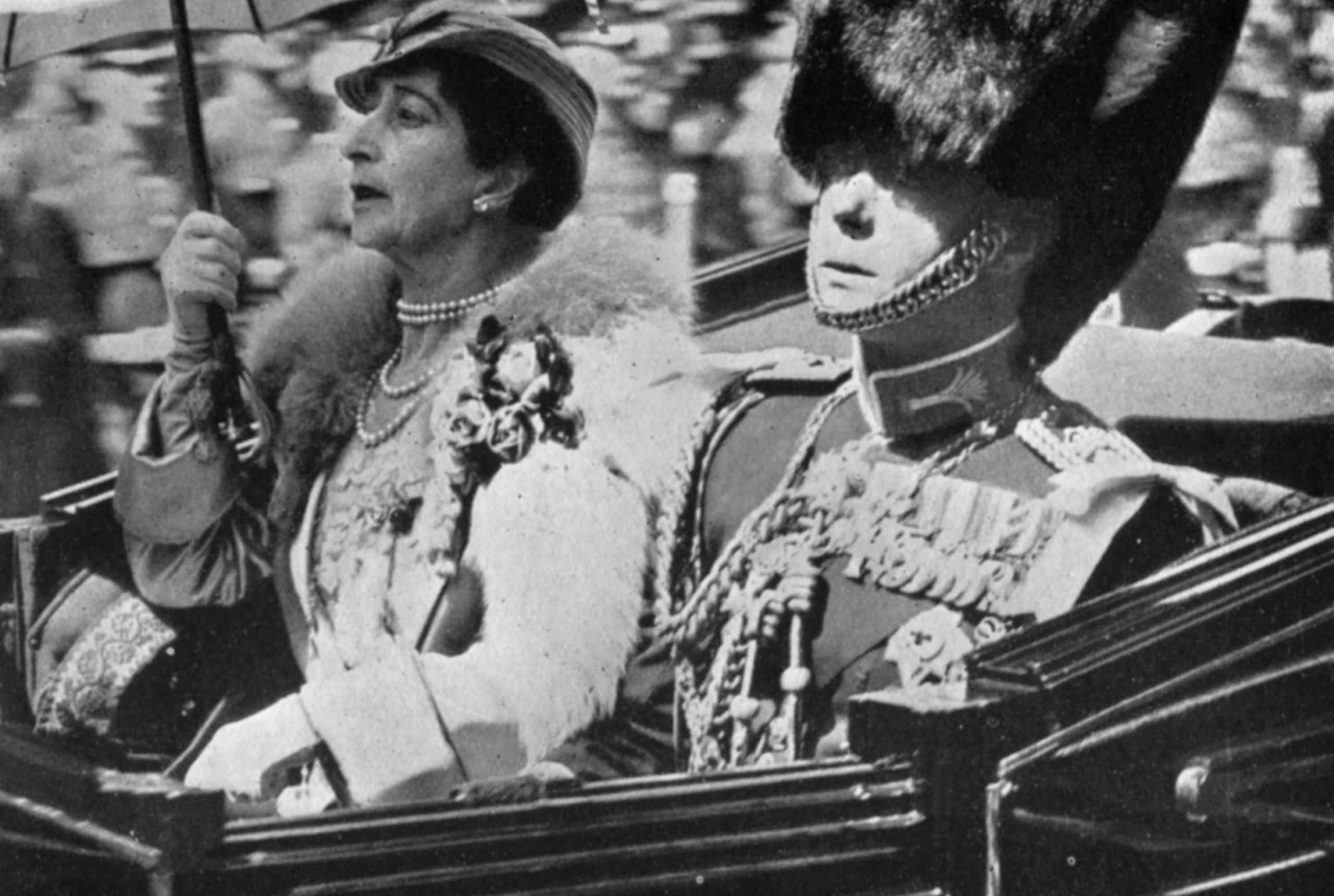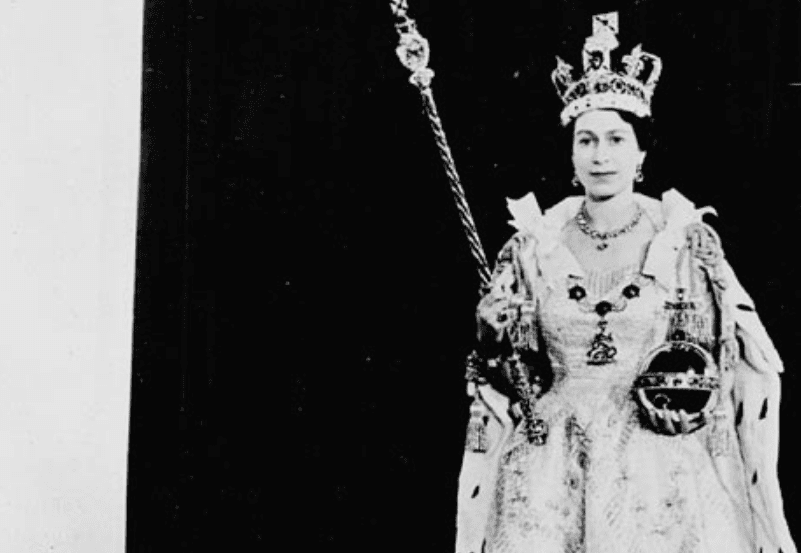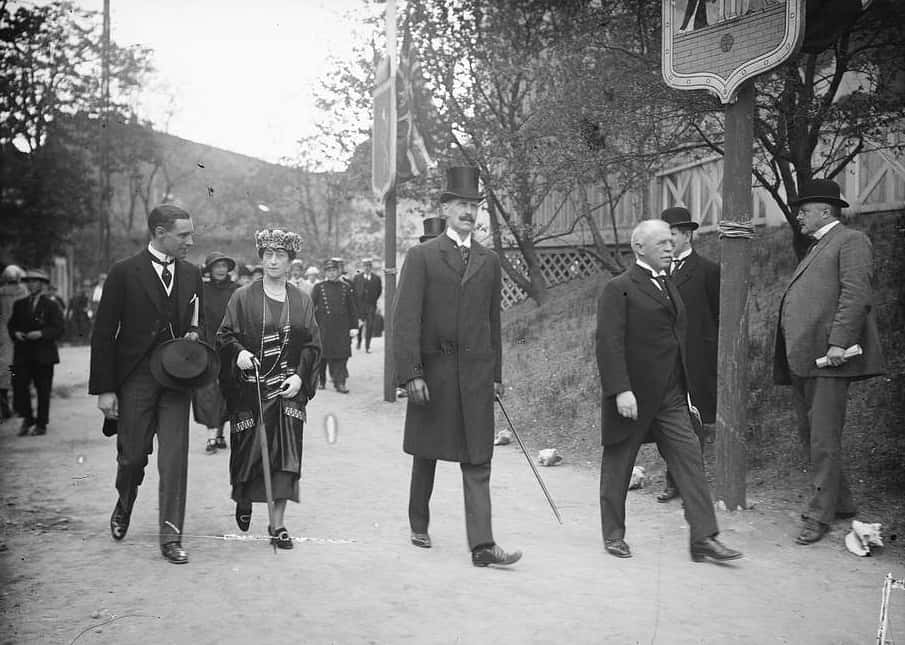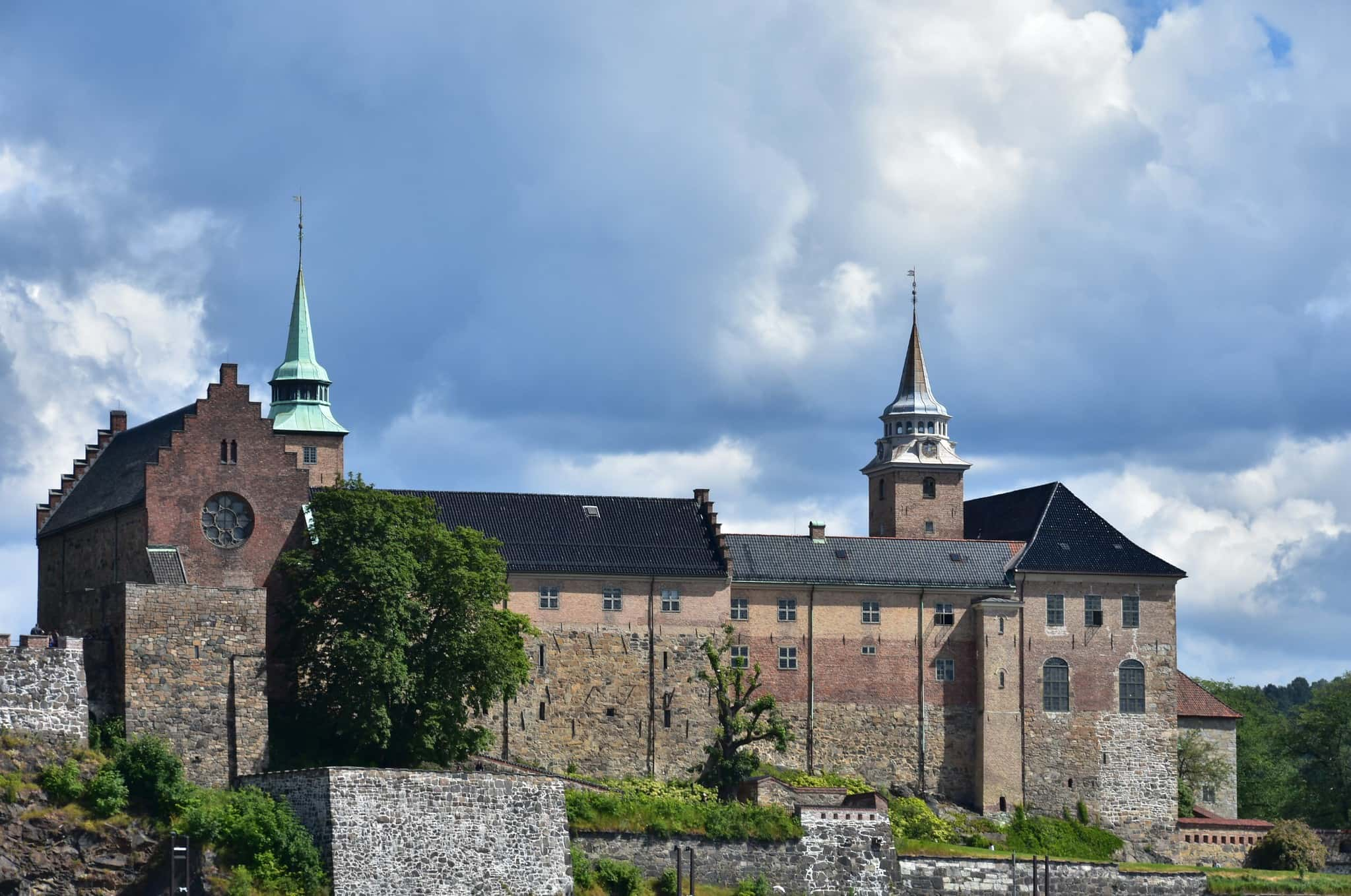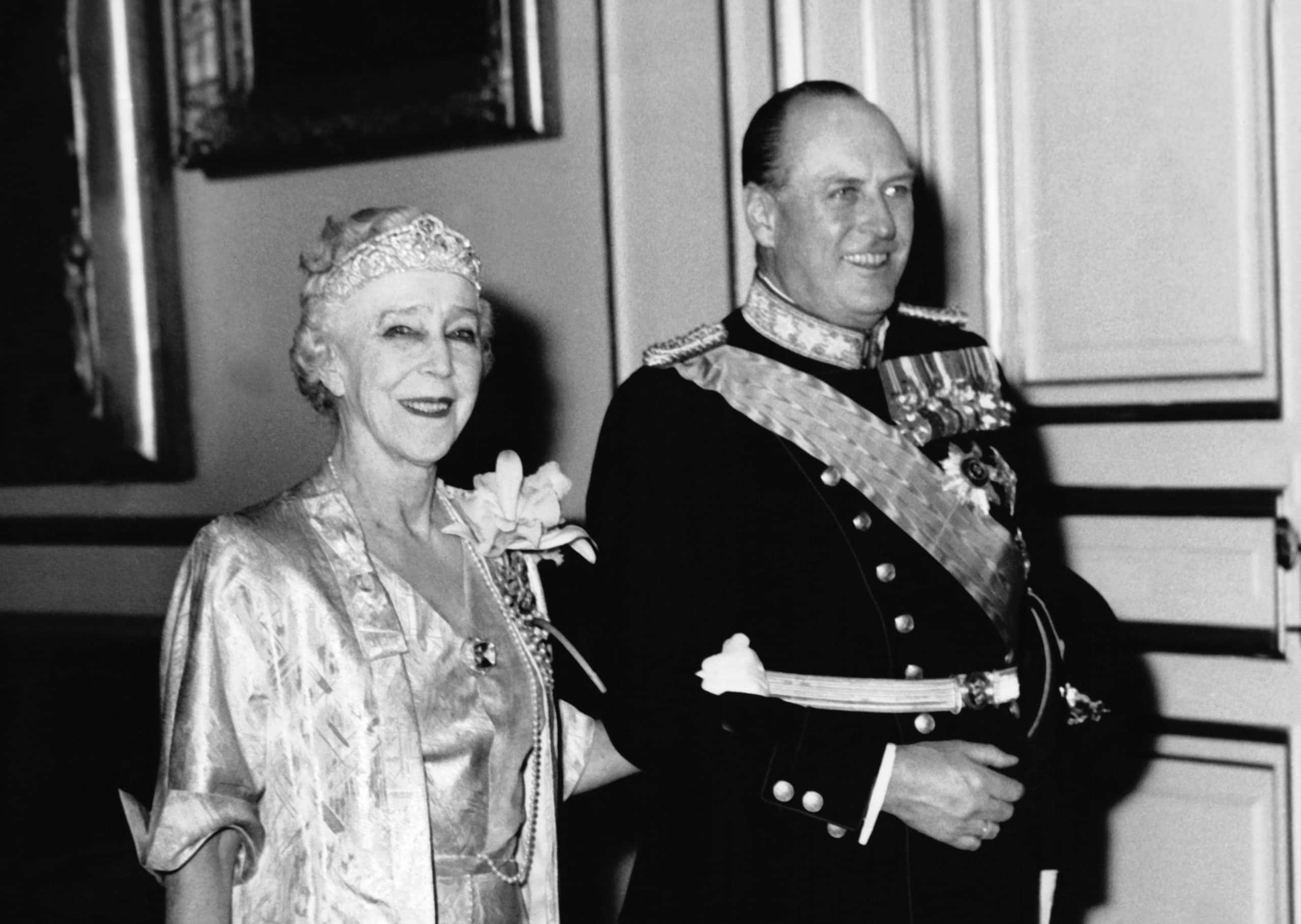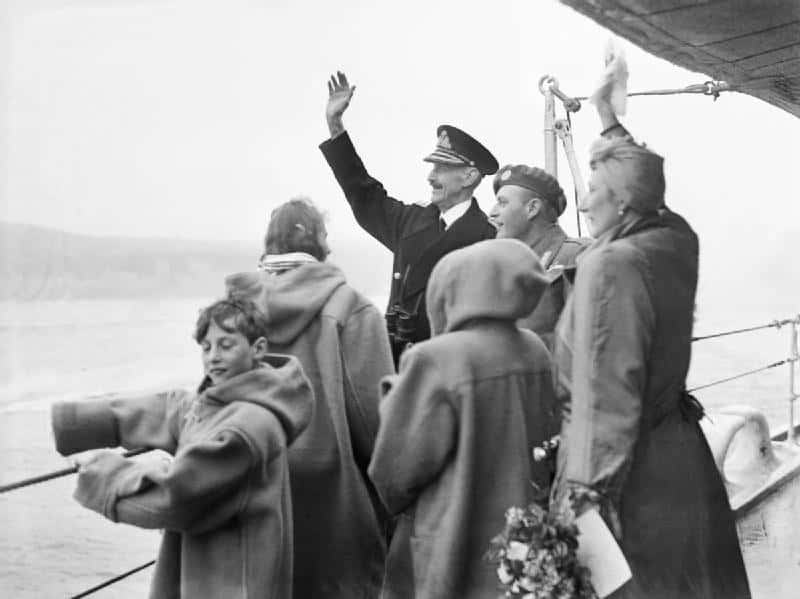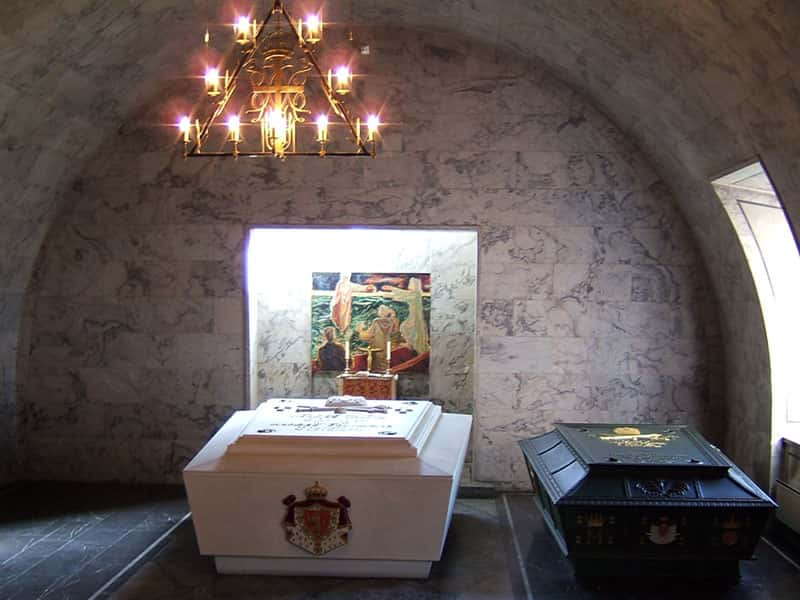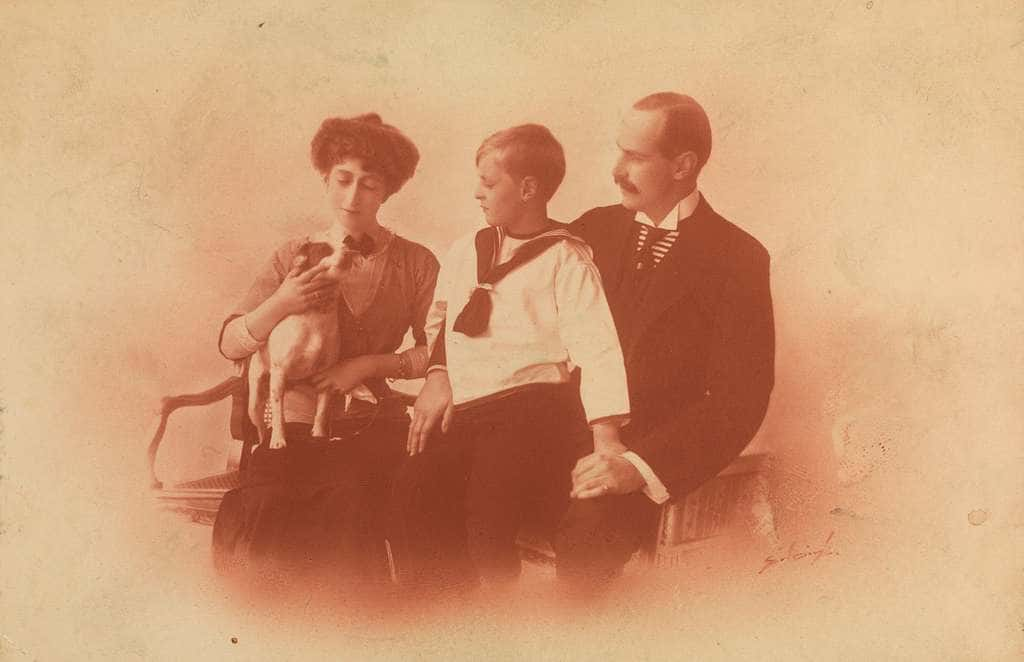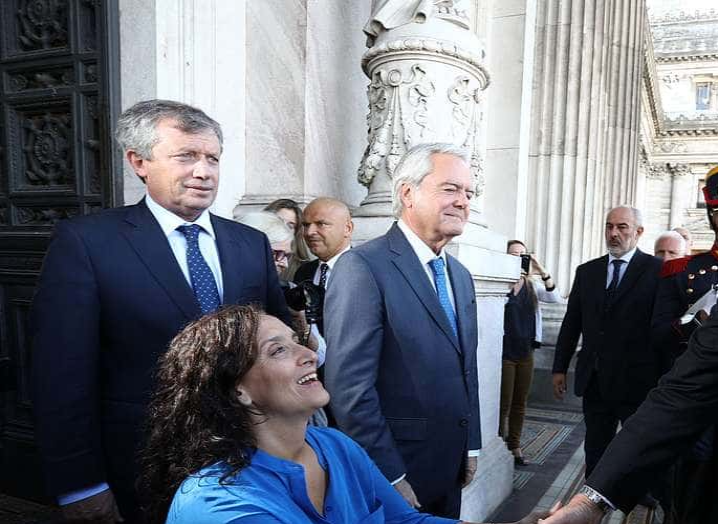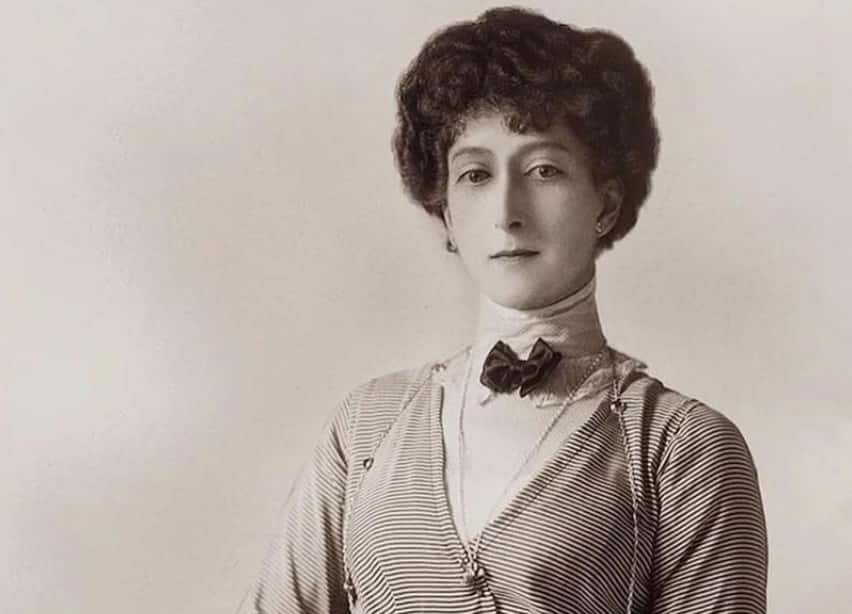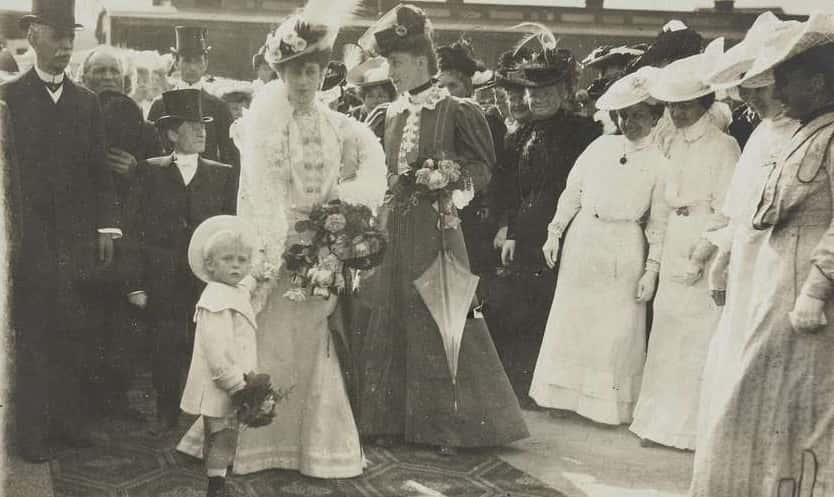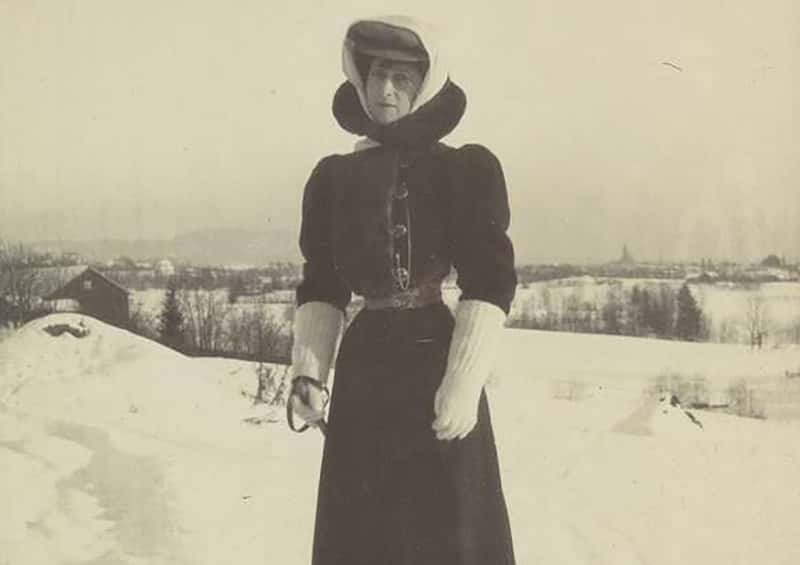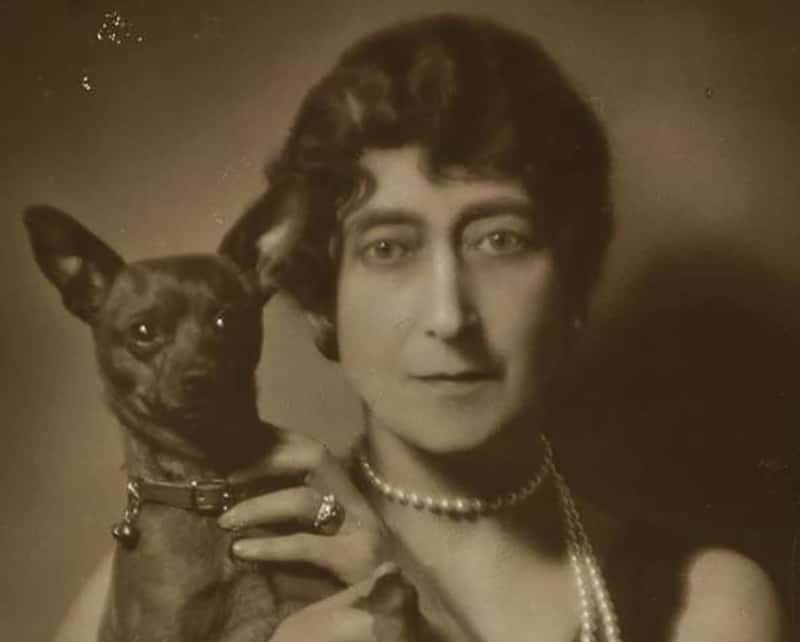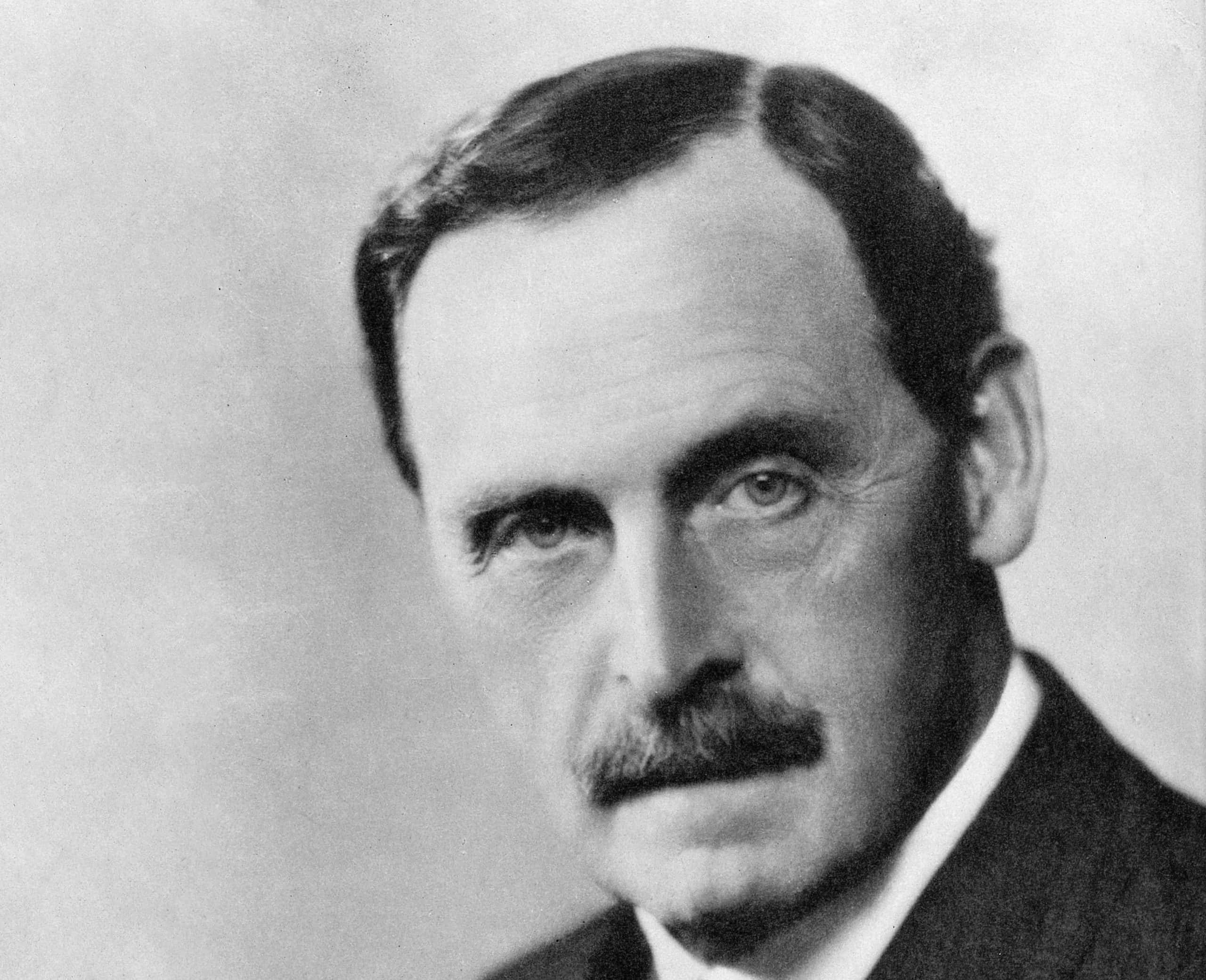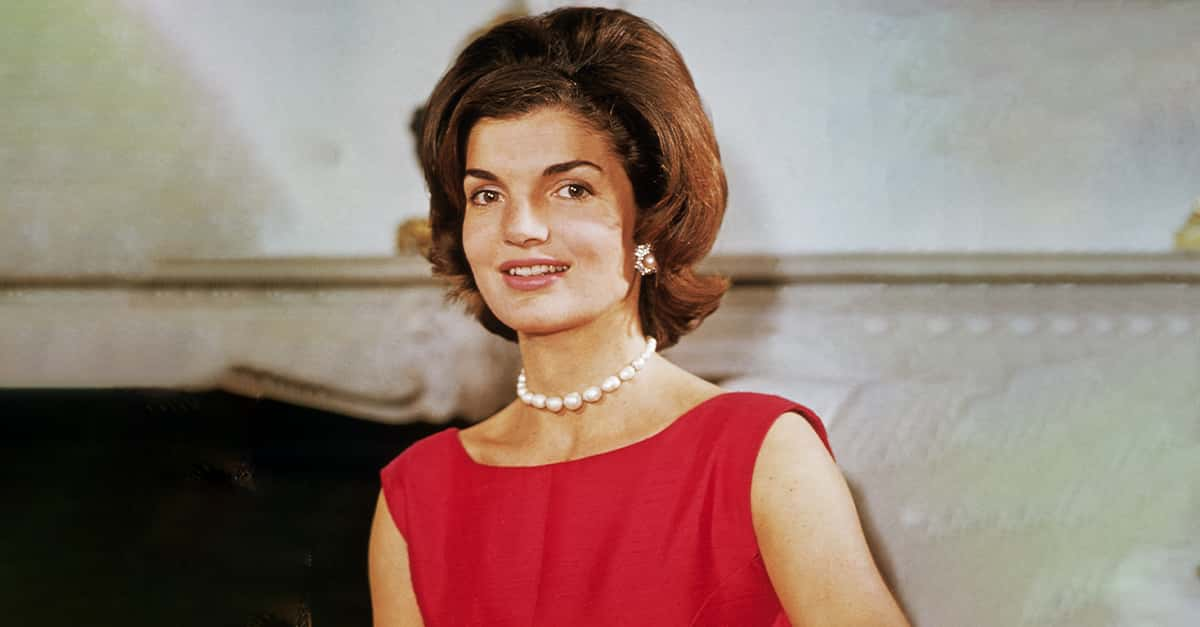Some are born to rule—others go kicking and screaming. For Maud of Wales, there is little in-between. Known as being a bit of a “reluctant royal," she had a unique relationship with the throne, preferring to lead an independent lifestyle. Most importantly, a shroud of mystery seemed to surround Maude, transforming her into an object of fascination.
1. She Had A Massive Royal Family
Maud Charlotte Mary Victoria of Wales was born on November 26, 1869, in London, England. Her parents were King Edward VII and Alexandra of Denmark. What's more? Her grandmother was none other than the illustrious Queen Victoria.
Given all of these incredible ties, one might assume that she was prim and proper from the start, but nothing was further from the truth.
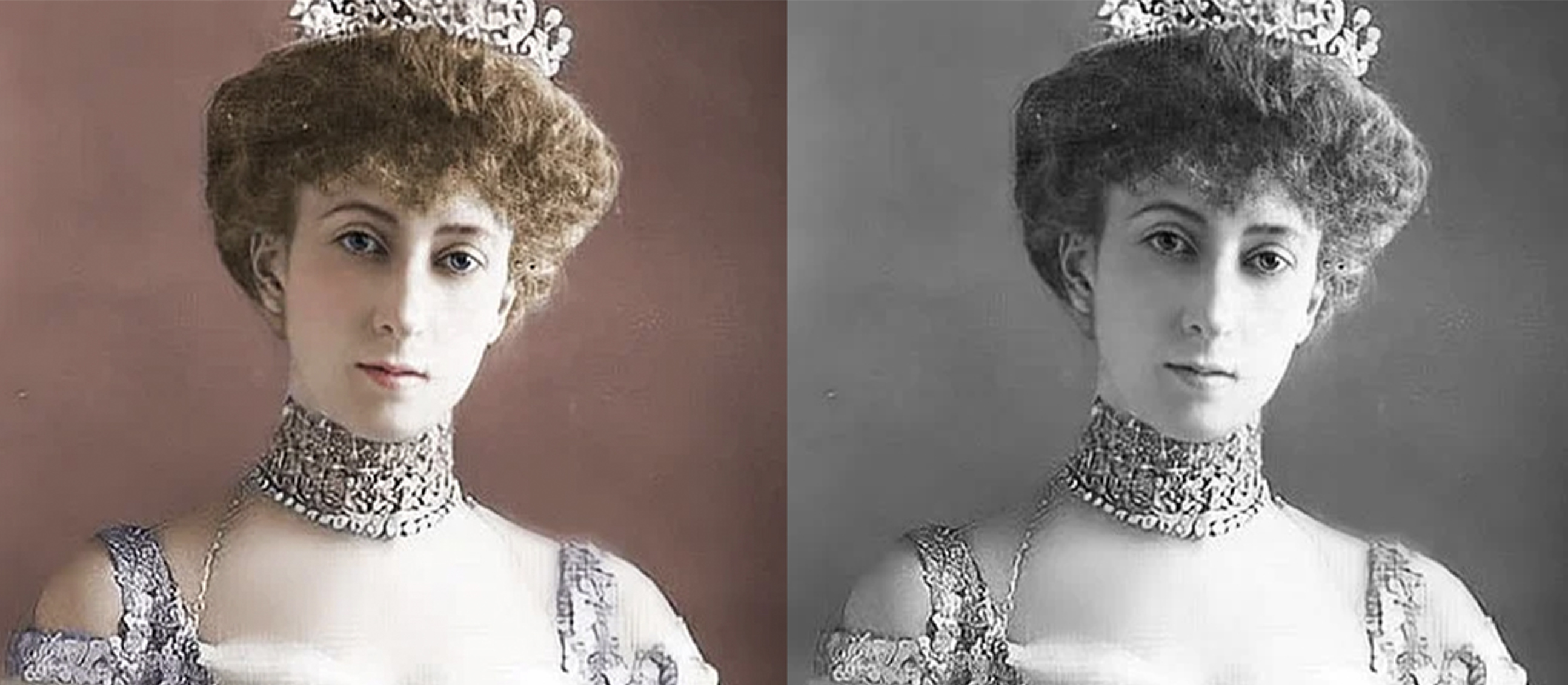
2. She Felt Smothered
Maud’s mother became heavily involved in raising all of the children. She preferred to be hands-on when it came to playtime with them, and she did not rely on her staff to discipline or care for the children even though it was typical for royals to do exactly that. But there may have been a heartbreaking reason for this.
Some say that her mother, Princess Alexandra, invested so much into family life out of sadness. Her husband's many affairs took a heavy toll on her. That said, Maud and her siblings had little breathing room.
3. She Lost Her Brother
Maud’s brother, Alexander, sadly passed on as an infant—and the consequences were startling. Homelife understandably got darker, and the family began to increasingly lean on some of their older and more regal relatives.
In spite of their roots, Maud’s own parents had a reputation for being a carefree and relaxed couple. Therefore, her sudden connection to these more “refined” elders caused some friction.
4. She Hated Palace Life
After the loss of Alexander, Maud and her siblings often shifted back and forth between England and Denmark, as they had royal ties in both places. While staying at Buckingham Palace, Maud developed a very strong discomfort with the uptightness of the whole environment.
This may have been foreshadowing at its finest because of course, Maud had many more experiences with the royals ahead.
5. She Was Part Of A Trio
Growing up with high energy, Maud developed a particularly close bond with the males in her family. She especially got along with her brother George and their cousin, Nicholas of Russia. The three of them affectionately used nicknames with George getting called “Musie," Nicholas going by “Mr. Toad," and Maud somehow branded as “Stumpy”.
The childhood games kept her busy, but as Maud aged, she started to explore men in a whole different light—especially one man, in particular.
6. She Found A Diamond In The Rough
As a young woman, Maud fell in love with her distant cousin, Prince Francis of Teck. Now, he was far from what most would consider a catch at the time. In fact, he had an obnoxious amount of gambling debts and struggled financially, as a result. Nonetheless, Maud wrote letters to him and made her crush evident.
Though, this act of vulnerability only set the stage for future devastation.
7. She Had Unrequited Love
Although marrying Maud would have helped him greatly, Prince Francis had a very strong will and just did not return her romantic feelings. So, he ignored her advances. Feeling hurt and helpless, Maud wrote to his sister Mary: “I wrote to F, and he has never answered…when you write to him, tell him that it is extremely unfriendly; I am genuinely hurt!”
After this rejection, Maud began to feel like a late bloomer, and this took a toll on her. In truth though, Maud’s own mother was somewhat to blame for her singledom.
8. Her Mother Felt Attached
As if growing up being tethered to her mother wasn’t enough, things only got worse when Maud got older. Her mother took an even more active role in her children’s lives once she lost her young son. This had a considerable impact on Maud as both she and her other unwed sister, Victoria, were essentially held back in life through little fault of their own.
Thanks to this delayed development, Maud was about to be at the center of more than one argument.
9. Maud’s Relationship Status Created Family Tension
Queen Victoria was very displeased with her daughter for holding Maud and Victoria back. The lack of care for tradition greatly upset the peace within the family. Though Victoria herself had no desire to ever marry, Maud’s previous infatuation with Prince Francis definitely made things a little blurry at home since she was a contender for marriage.
And while she didn’t know it at the time, on top of it all, there was a little insult to injury in store for Maud.

History's most fascinating stories and darkest secrets, delivered to your inbox daily.
10. She Gained A Sister
When Maud faced rejection from Prince Francis, she confided in his sister, Mary. Well, all of that entanglement made things more complicated because, at some point, Mary fell in love with Maud’s brother George.
The two married, leaving Maud as single as ever. However, now she had a constant reminder of the man she thought she loved because his sister was…well…sort of her sister now, too. That's when things started to get a little dicey.
11. She Searched For Love
Maud’s mother came around and knew it was time to help her daughter bounce back from rejection. So began the search for a husband. A few German men came knocking, including the future Grand Duke of Hesse. However, Maud inherited some anti-German feelings that her mother passed down during childhood and they were a bit too hard to shake.
Since she couldn’t fathom marrying and then moving into a German area, Maud continued looking for a possible match.
12. She Was A Spinster No More
Finally, in October of 1895, when Maud was 25 years old, she became engaged to her first cousin, Prince Carl of Denmark. He was heavily invested in his naval career and just so happened to be three years her junior. Funny enough, this was a full-circle experience for Maud because sadly, she and Carl actually had less than a promising beginning.
13. She Was The Object Of Affection
During childhood, Maud visited Carl many times during her trips to Norway. However, while he secretly admired her from afar, she wrote about him in a less than flattering light, calling him “daft". Needless to say, she was not exactly his biggest fan back then; however, when adulthood hit, life hit them both differently and Maud’s feelings began to change.
14. She Had An Autumn Fling
To be clear, nothing necessarily “inappropriate” took place between Maud and Carl when they grew up. But they did re-connect over a cycling trip across Denmark. During this time, Carl became especially smitten with Maud, and she in turn felt that his good looks and their quality time were enough to warm her up to the idea of marrying him.
15. Her Union Restored Peace
After facing heartbreak and then being unlucky in love, Maud wasn’t the only person relieved to have found someone. Queen Victoria was not only appeased, but she was both delighted and relieved to know that another one of her granddaughters had found a husband.
Maud’s mother was equally ecstatic to know that Maud had found a Danish prince. And even Maud’s father—who was generally quiet with respect to her love life—was happy because, with one less unwed daughter, there were fewer questions to field about what was happening inside of his home.
16. She Pulled Out All the Stops
Maud and Prince Carl married in Buckingham Palace on July 22, 1896. As if the grounds weren’t glorious enough, she was lavishly dressed in a white satin gown that had distinctive grey embroidery, and she donned a lace veil—all of which was a gift from her grandmother, Queen Victoria.
Not wanting to be outdone, her father also had an interesting wedding surprise for her.
17. She Landed A New Pad
As a wedding gift, Maud’s father gave her a pretty substantial plot of land, known as Appleton House on the Sandringham estate. Granted, the property came inclusive with a troublesome tenant (truly like something out of Jane Eyre). Maud and Prince Carl co-existed there for the first several months of their marriage.
Eventually, though, they left the home and set their eyes on Denmark where her husband’s family largely resided. But as we'll see, this too proved difficult for Maud.
18. She Couldn’t Stand The Cold
After arriving in Denmark in the winter of 1896, Maud struggled to transition. Maybe it was due to her general homesickness for England, or maybe it had to do with her utter disdain for harsh winters. Either way, Maud traveled back and forth to England any chance she could even though she wasn’t always greeted with the warmest welcome.
19. Her Mother Disapproved
Maud often had to get creative when it came to visiting her family in England. While her mother had broken with many traditions in her own right, she still felt that it was the responsibility of a princess to fully support her husband.
In essence, she did not want Maud to feel too welcome at her place of birth because as far as she saw it, Maud had other obligations to manage in her new home. This sentiment wound up being truer than even she knew because, unfortunately for her, bad news lay just around the corner.
20. Her Family Grew
In 1903, Maud and Prince Carl found out they were expecting. This would be the only child for the couple and later that year, Prince Alexander of Denmark arrived. The arrival of Maud's son may have been celebrated at the time, but as we'll see, in the years that followed, sinister questions marks flew about the circumstances surrounding her pregnancy.
21. She Went Folk
Maud wanted to ensure that her son was not an outsider of Norway. So she raised him to be fully Norwegian and took to wearing authentic Norwegian outfits herself. She also started skiing and enjoyed other winter sports that fitted with the culture.
Make no mistake, Maud was not necessarily excited about needing to play this part, but being aware of her social status, she made an effort with Prince Carl to blend in more gradually over the years for the sake of her son. Of course, her childhood tendencies of standing out from the crowd were far from behind her.
22. She Supported A Trailblazer
Like most royal women, Maud was quick to put her name behind causes that she supported. She especially enjoyed backing organizations that helped children and animals. But she drew attention when she also supported a home for unwed mothers founded by feminist, Katti Anker Moler.
At the time, this was definitely something huge, but true to her nature, Maud paid little mind to the critics. And in any event, her life became impacted by much larger forces at play.
23. Her Life Changed Drastically
In 1905, a political union between Sweden and Norway dissolved. At this time, the Norwegians began searching for a king, and due to his connections to past monarchs, Maud’s husband quickly rose to be the frontrunner. Sure enough, in November of that year, he was offered the title and sworn in with the name “Haakon VII”.
24. She Was Hesitant To Rule
Maud kept her name after rising to the throne, but her son also got renamed “Olav” and became the Crown Prince of Norway. For her part, Maud was now officially Queen of Norway—a nation she never fully regarded as home, and those conflicted feelings began to break through the surface in a startling way.
25. She Documented Her Shock
While missing home and worrying about her sister, Victoria—who was now left alone with their mother—Maud wrote a letter in which she expressed her own shock about the new title of “her Majesty”. To be fair, she also noted her enjoyment of the luxuries that came along with being queen.
Still, transitioning into this new role was harder than she ever thought it would be.
26. Her Husband Felt Shocked Too
Maud’s husband felt equally uneasy in his new role as king. In actuality, he enjoyed a quiet life. As the second son in his family, he had never expected to ascend. This confusion probably led to an important public referendum—he wanted to make sure that everyone really knew what they were doing by asking him to take over the throne.
Sure enough, the results yielded a 79% agreement rate with him being the ideal person to lead. But with both him and Maud being less than enthused about this life change, their approach to monarchy was starkly different from past kings and queens.
27. She Wanted A Court For All
Maud decided with her husband that they would not rule the way Queen Victoria did. It was clear that Maud’s childhood discomfort with palace stuffiness had left an unsavory impression. Instead, they decided to rule with a style many regarded as somewhat casual.
They cared about democracy and wanted people to feel welcome. And Maud herself went shopping around town, so she was somewhat accessible even though she kept to herself. As such, she remained a complicated public figure. She was not an ordinary queen.
28. She Never Spoke
Despite the fact that Maud was always known to be outspoken and energetic in her personal life—even known to be a practical joker with her loved ones—she was a pretty reserved royal. Her voice was never once recorded and there appears to be no record of her even delivering a speech. Rather, she used other methods to make a statement.
29. She Upgraded The Palace
Maud was an avid horse rider, and she noticed a major lack in Norway’s palace for this. So, taking a note from the Royal Mews in London, she personally oversaw a project to enhance the stables in Oslo, so that she could continue to enjoy her favorite pastime.
Despite her reserved nature, Maud couldn't help but stand out from the crowd.
30. She Had A Flair For Fashion
Although Maud wasn’t one to step up to the podium, crowds still took notice of her because of the elaborate ways she dressed. She frequently adorned herself with jewels and stylish clothing, which became a staple of the monarchy. She also garnered some public favor when she began championing a new cause.
31. She Brought Relief
During WWI, Maud decided to set up an organization to help support those most impacted by the war. Thus, she formed the Queen’s Relief Committee formed, which provided aid on behalf of Norway. This may have been Maud’s small effort to express herself because there were a lot of other things going on that she couldn’t express at the time.
32. She Bit Her Tongue
When WWI broke out, Maud became lost in the political minutia around her. Norway’s position was one of neutrality, while Maud’s own family members involved themselves in the conflict (thanks to those English ties). Given her role in the kingdom though, the quiet queen had no choice but to remain silent. However, room for celebration was on its way for Maud.
33. She Was A Proud Mother
In 1924, Maud’s son went on to enroll at Oxford University after graduating from the Norwegian Military Academy. Since Maud still considered herself a proud Englishwoman, her son’s success became something for her to doubly take pride in.
He went on to return to the armed forces later, and then he subsequently competed in the Olympics and won multiple gold medals for skiing. All of these accomplishments gave Maud something new to live through during the contentious political and personal times ahead.

34. She Saw Her Mother Decline
Over the years, Maud witnessed her mother gradually decline in health. Princess Alexandra suffered from memory and speech issues. She also had temporary partial blindness in one eye and wore heavy makeup and veils to cover her face.
Since Maud lived mostly in Norway and her mother was unable to travel during these difficult times, their relationship lessened over the years. However, none of this prepared Maud for what was coming next.
35. Loss Hit Home
In 1925, Maud’s mother died of a sudden heart attack, but surprisingly, the loss actually bonded her further to all of the siblings who she hadn’t seen as much over the years due to geographic separation. Sadly, the next family loss was not going to produce as many silver linings—but rather an entire domino effect of bad events.
36. She Became A Doting Grandmother
In 1929, Maud's son married his first cousin, Princess Martha of Sweden. The two settled into their new married life together in Norway and had three children: Ragnhild, Astrid, and Harald. Maud stepped into her new role as a grandmother and spent much of her time with the children. In her spare time, she still visited her siblings, George and Mary back in England.
But sadly, a tragedy waited in the wings.
37. Her Family Dwindled
About 10 years after losing her mother, Maud lost both her sister Victoria and her brother, King George V. As a result, her nephew Edward VIII rose to the throne, but renounced it, which deeply upset Maud.
The culmination of these life events undoubtedly impacted Maud and her health began to suffer, but at least she had something big to look forward to which eased some of her growing hardship.
38. She Supported A New Royal
During her last public appearance, Maud attended the coronation of King George VI and Queen Elizabeth in 1937, which took place at Westminster Abbey. She sat in the royal pew surrounded by fellow royals as an official member of the party. Celebrating in England was a lovely experience for her, but the tides were changing in her life, and not for the better.
39. She Returned Home Again
In October of 1938, Maud took a final trip back to England. During her visit, she experienced abdominal pain and underwent surgery. Her husband was by her side throughout this, and she was able to survive the sudden operation, but her health was still declining at breakneck speed.
40. How It Ended
Maud ultimately had a heart attack just two days after her operation and she passed. She was just six days away from turning 69, and she happened to die on the 13th anniversary of her mother’s passing. Her body was sent back to Norway, and her remains were then buried in the royal mausoleum at Akershus Castle in Oslo.
41. She Was A Headliner
At the time of her passing, the Norwegian press was totally forbidden from publishing any content on Sundays. However, the loss of Maud was so important to the public that newspapers received special permission to notify citizens about what had just transpired. Maud’s story doesn’t really end here though.
42. She Returned To Her Roots
After losing Maud, her husband felt that something had to be done about their wedding gift. So, the Appleton House that Maud loved so much was formally returned to the British royal family. This was kind of a big deal because of how much Maud loved the home and all of her English connections.
The property stayed within the royal family for many years to come after that, until its demolition in 1984.
43. She Reunited With Her Husband
King Haakon VII lived for an additional 19 years after he lost Maud. But at the age of 85, when he passed on, his body found eternal rest alongside Maud’s in the royal mausoleum.
44. She Is Still A Fashion Icon
All of Maud's fashion styles continue to be admired today. In 2005, her wardrobe received entry into an exhibition at the Victoria and Albert Museum and was published in the catalog, Style and Splendour: Queen Maud of Norway’s Wardrobe 1896—1938.
Fashion wasn’t the only thing that left its impression though. Maud herself paved the way for new royals to follow.
45. Her Ties Still Rule Norway
In spite of Maud’s reluctant ascension to the Norwegian throne, her family ties continue to rule there. Her grandson, Harald V, became King of Norway in January of 1991 and he continues to serve today. He has two children, one of which—Crown Prince Haakon—is heir apparent to the throne. In this way, Maud’s legacy lives on.
46. She Defied Biology
In 1903, Maud was not only a woman of 34—which at the time was unheard of for pregnancies—but her husband still had an active naval career. Some historians have calculated backward and noted that around the time she conceived, she was possibly traveling solo to England while her husband continued on his own journey on a marine vessel. But here’s the really interesting thing.
There is no popular speculation regarding faithfulness in her marriage. Instead, people have suggested some other explanations behind Maud’s pregnancy.
47. She Had Some Help
Rumor has it that while visiting London, Maud was treated by the personal physician of her father—a man named Sir Francis Laking. Some say that the doctor artificially inseminated Maud using the sperm of someone very close by—his own son, Sir Guy Laking.
Apparently, Maud’s husband came from a family that faced some fertility issues, so adding this to the fact that he was overseas while she herself was aging, may very well explain how she came to expect her only child. In any case—regardless of how Maud came to motherhood—it was something that served her well and gave her a whole new project to undertake.
48. She Caused A Ruckus
Scorned in love, Maud became a bit rebellious with no effort to even play the part of a “lady”. In 1891, she lit a ciggie in broad daylight, which was something that single women of the time just didn’t do. Some say this lack of etiquette was so appalling that a few of the elder ladies in waiting even fainted.
Thankfully for Maud, she was far less fragile and readying herself to turn heads yet again.
49. Her Departure Has Controversy
50 years after Maud’s heart attack, personal papers from her physician, Lord Bertrand Dawson, went public. In those documents, a letter penned from the physician to another medical professional referenced the luck that was apparent in Maud’s departure—he wrote that it was a “relief…which saved her from these last painful stages of the disease”. So, what does this all mean—and who was Dawson, anyway?
50. Her Doctor Supported Euthanasia
Two years prior to Maud’s heart attack, Dawson performed euthanasia on the King of England—also revealed through his records. That said, some have speculated that Maud had a cancer diagnosis and that Dawson simply helped to alleviate her pain and suffering by ending her life earlier.
Of course, the letter that may point to this supposed evidence is somewhat vague. He could have merely been content that the heart attack itself relieved her of continued suffering from whatever “disease” she had. In any case, Maud raised some question marks upon her departure.

